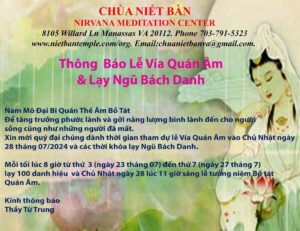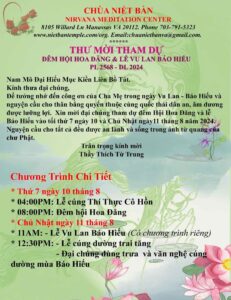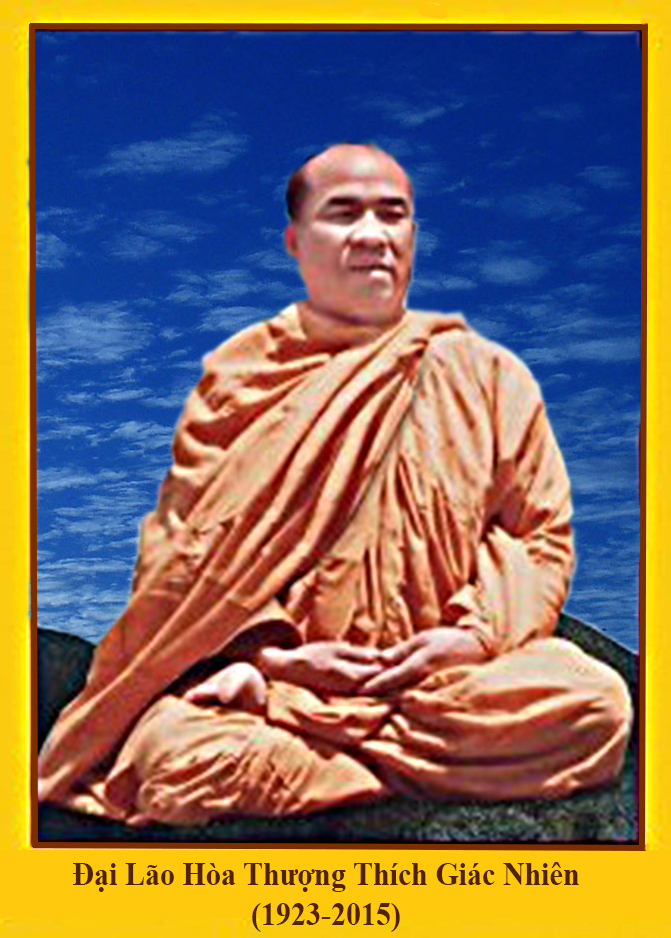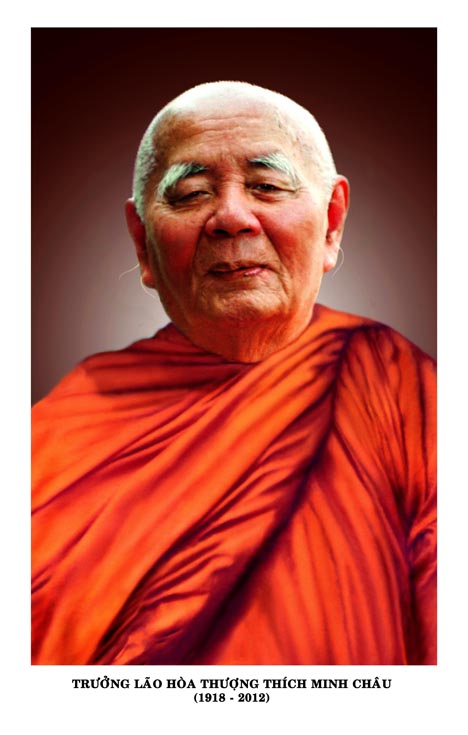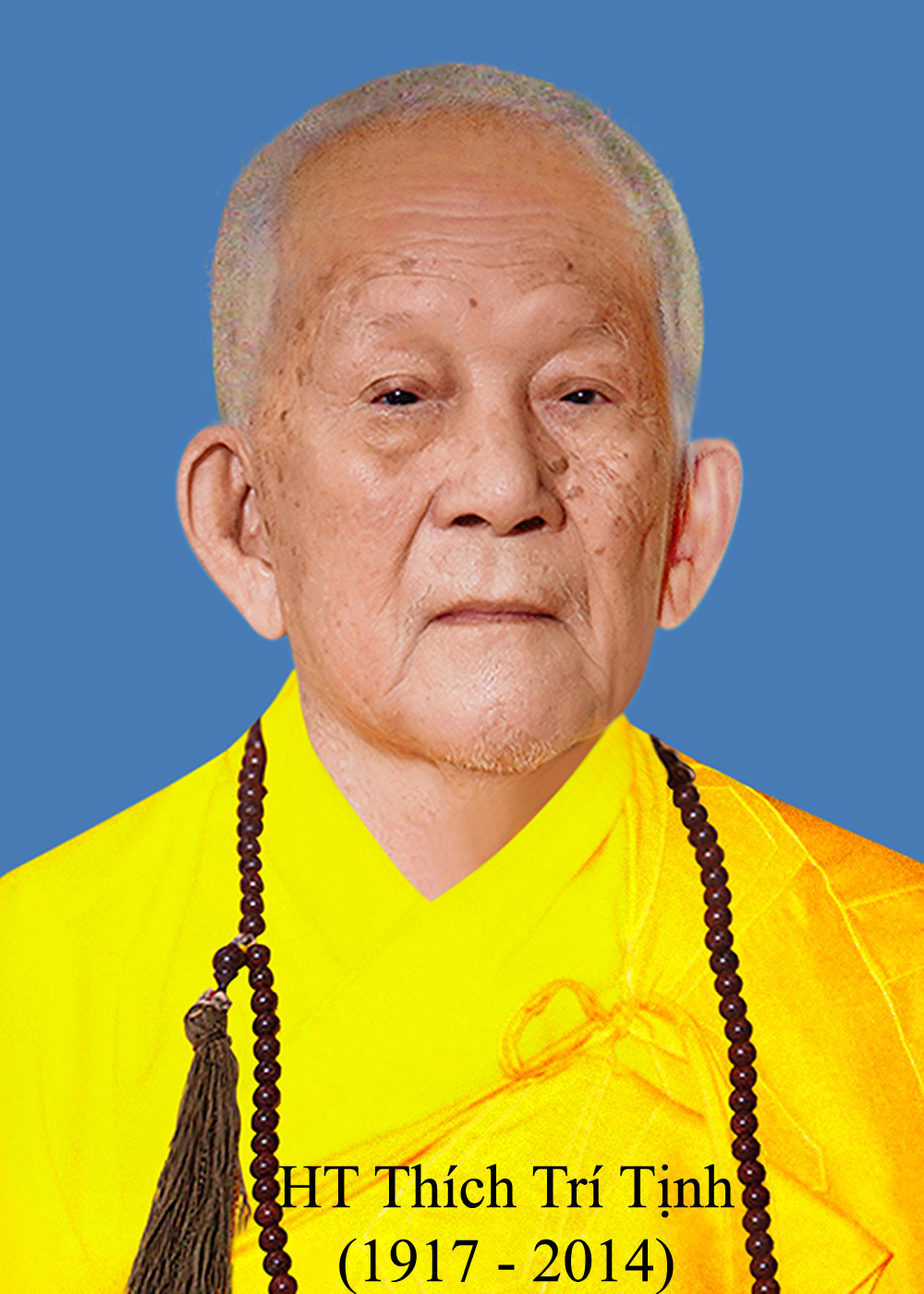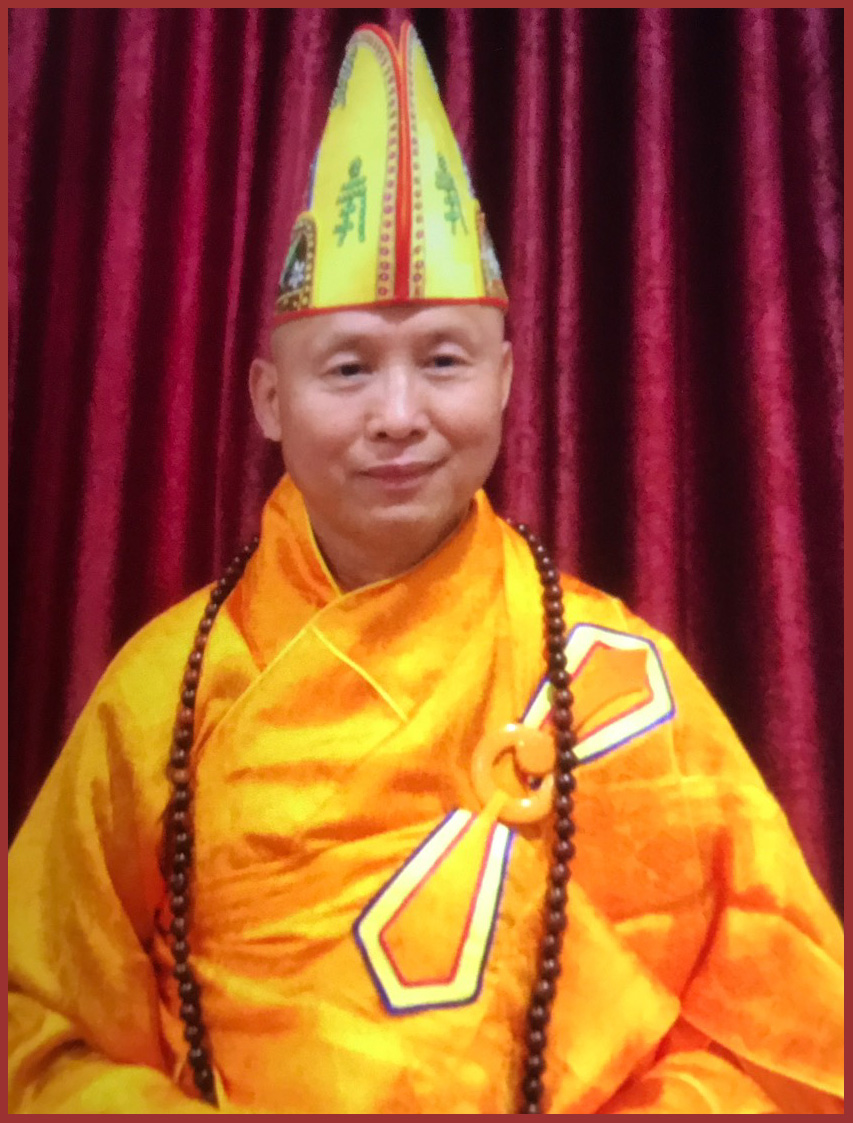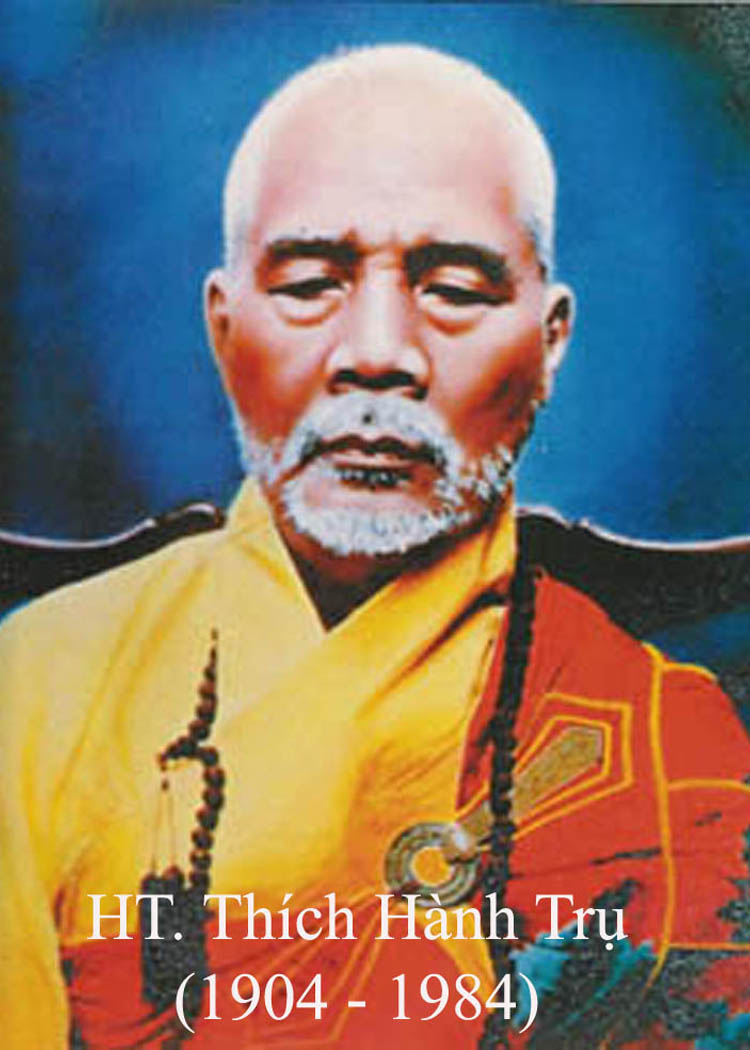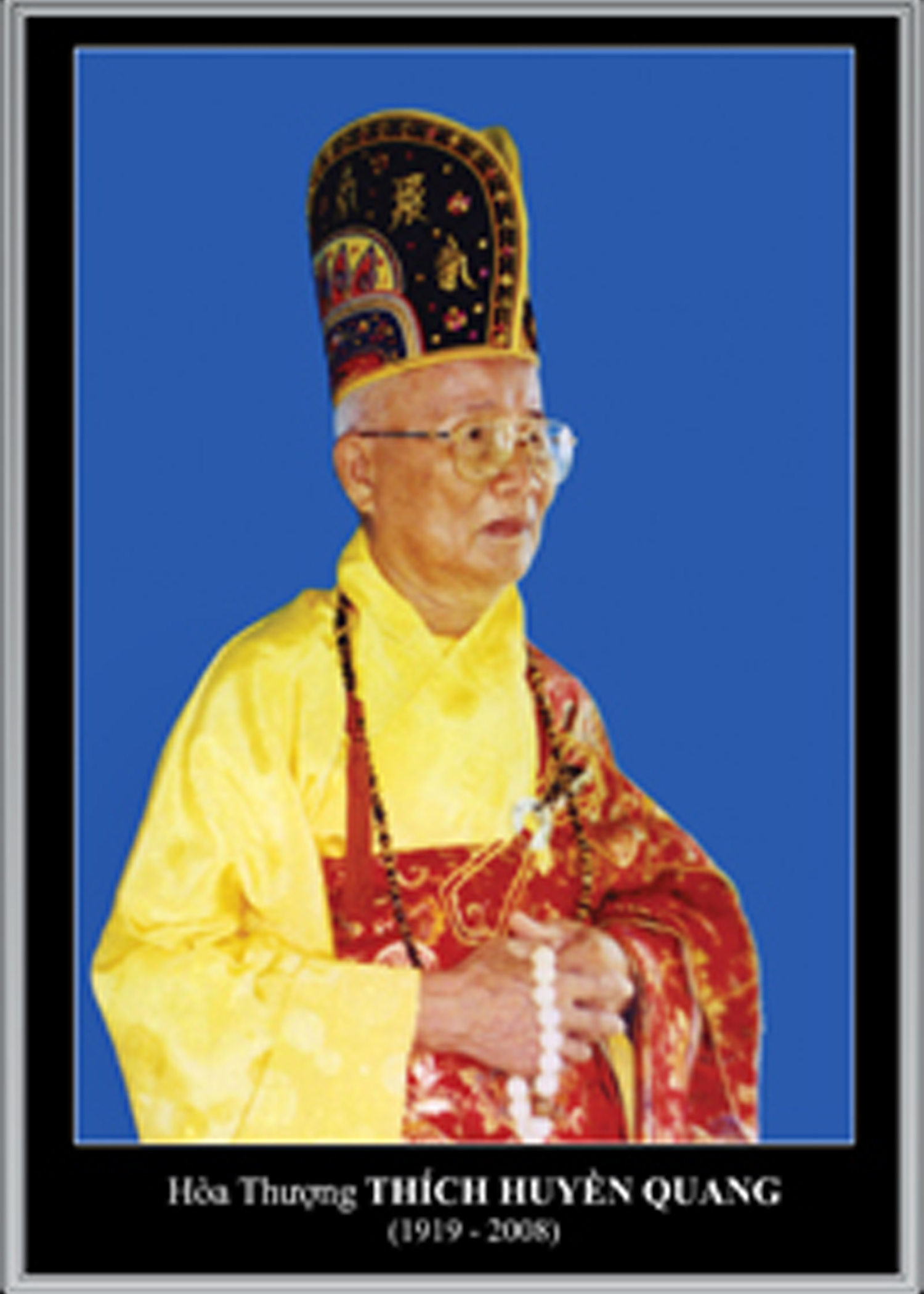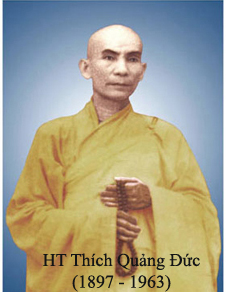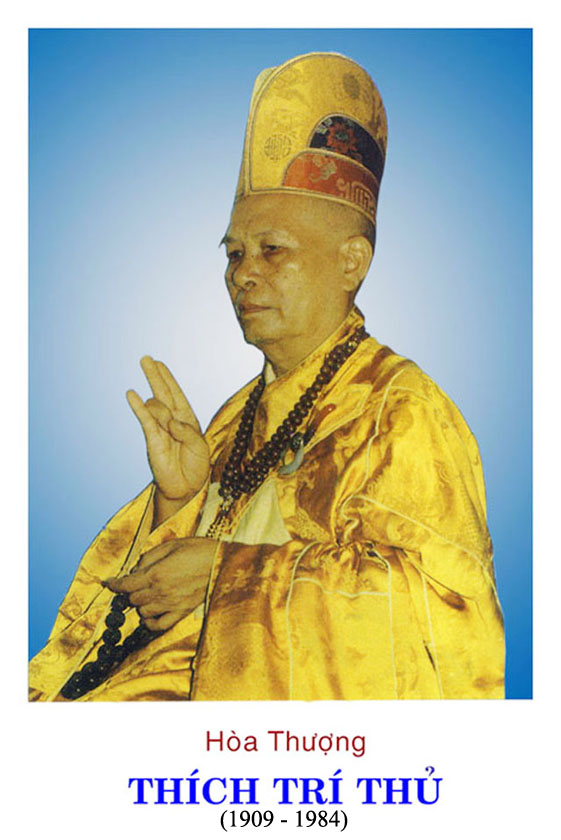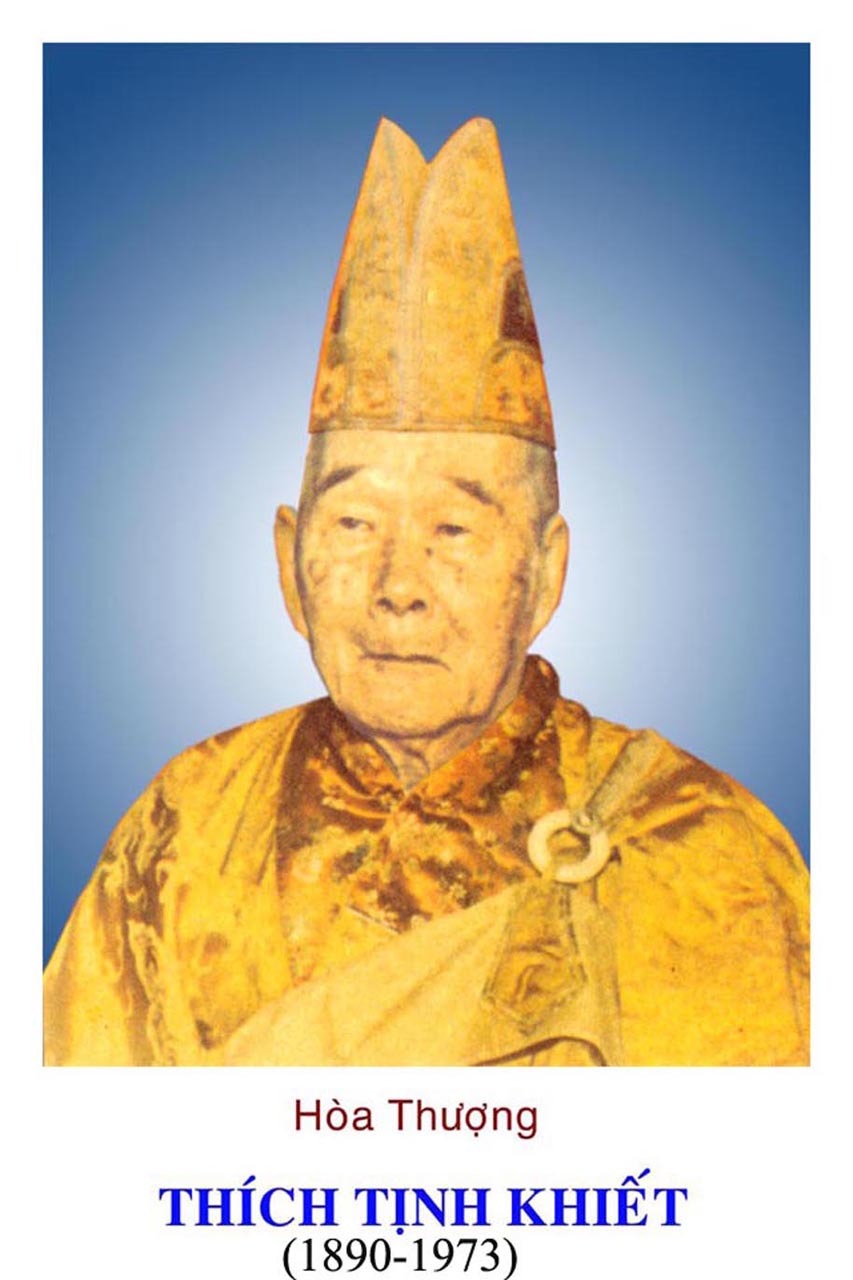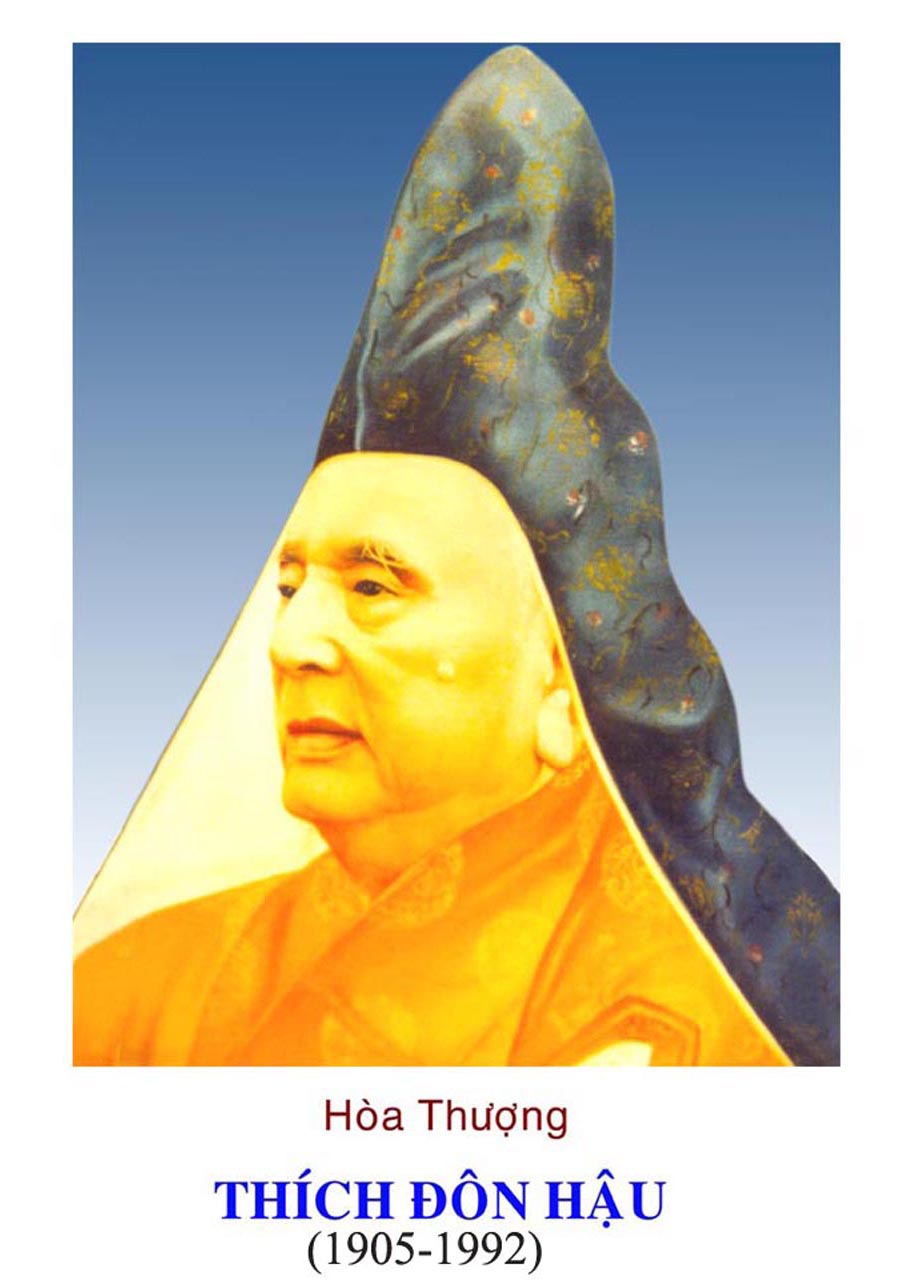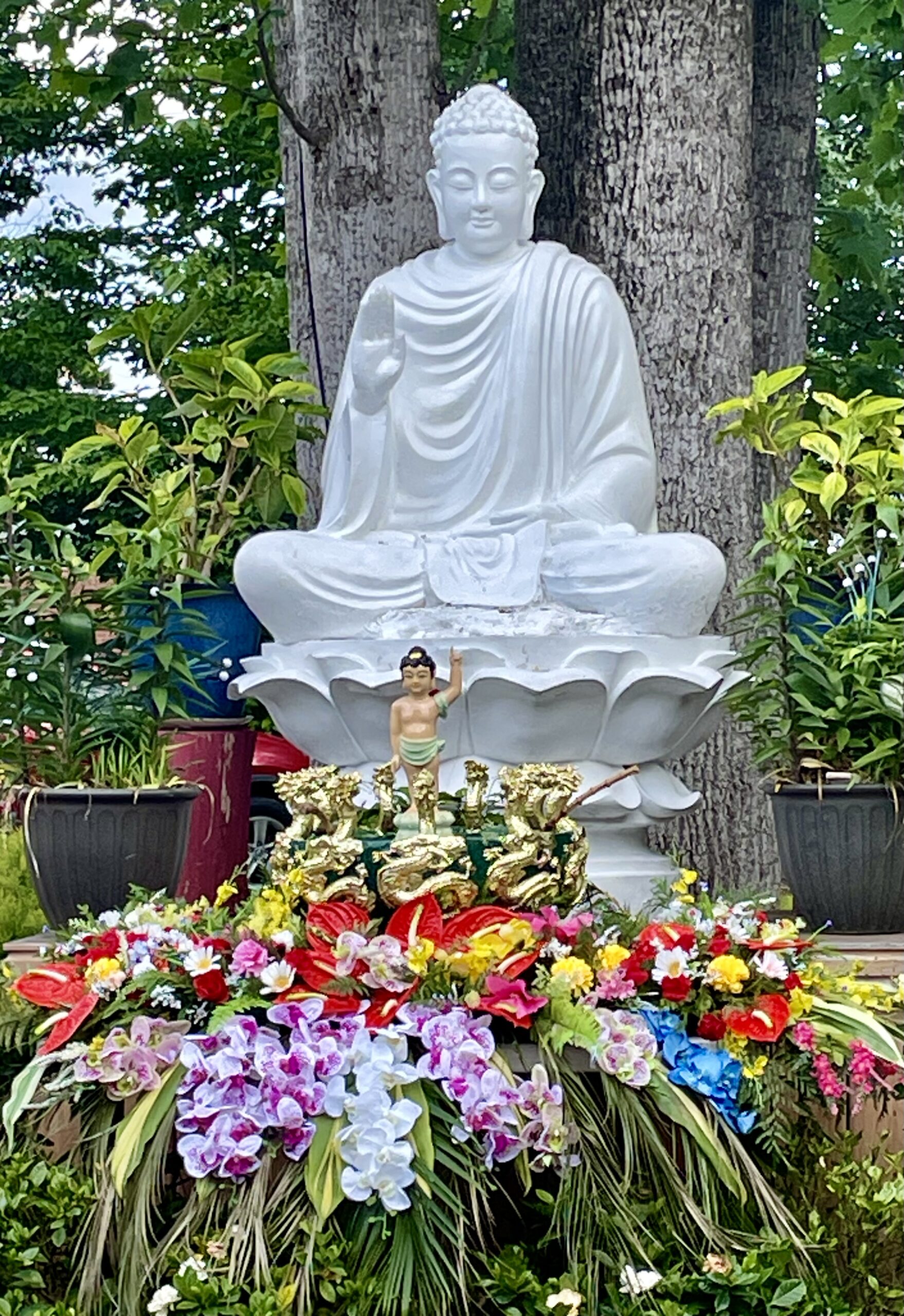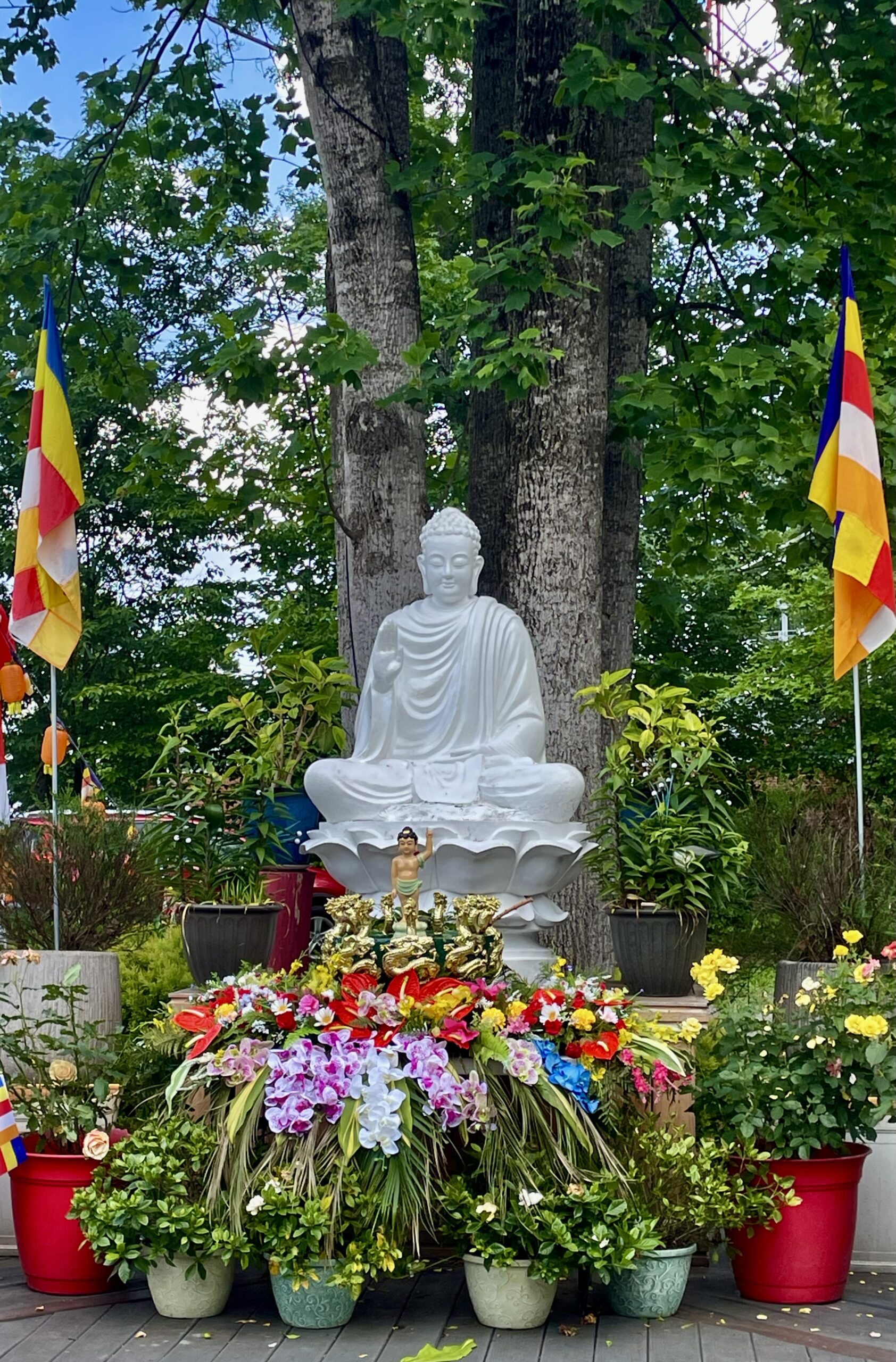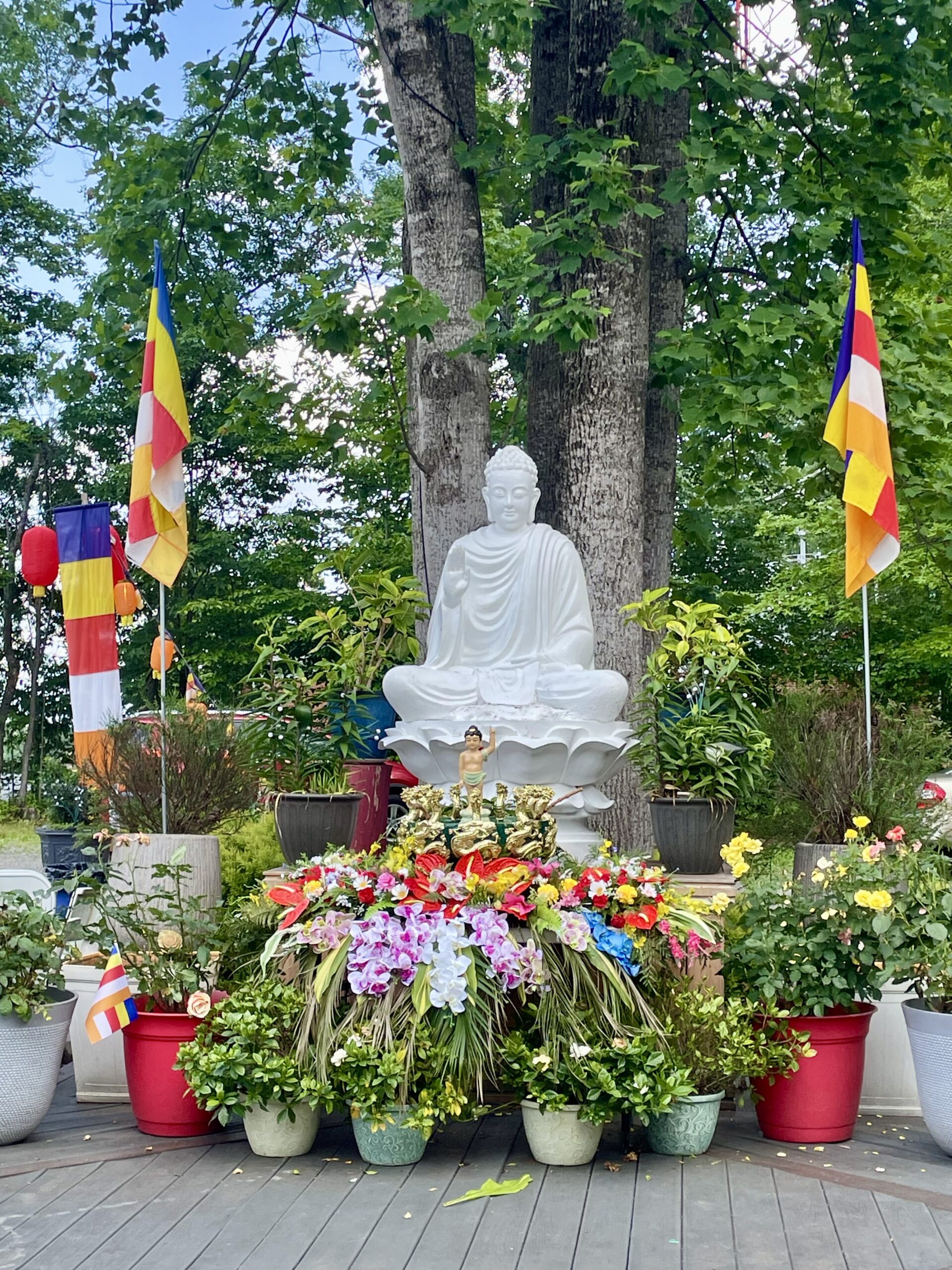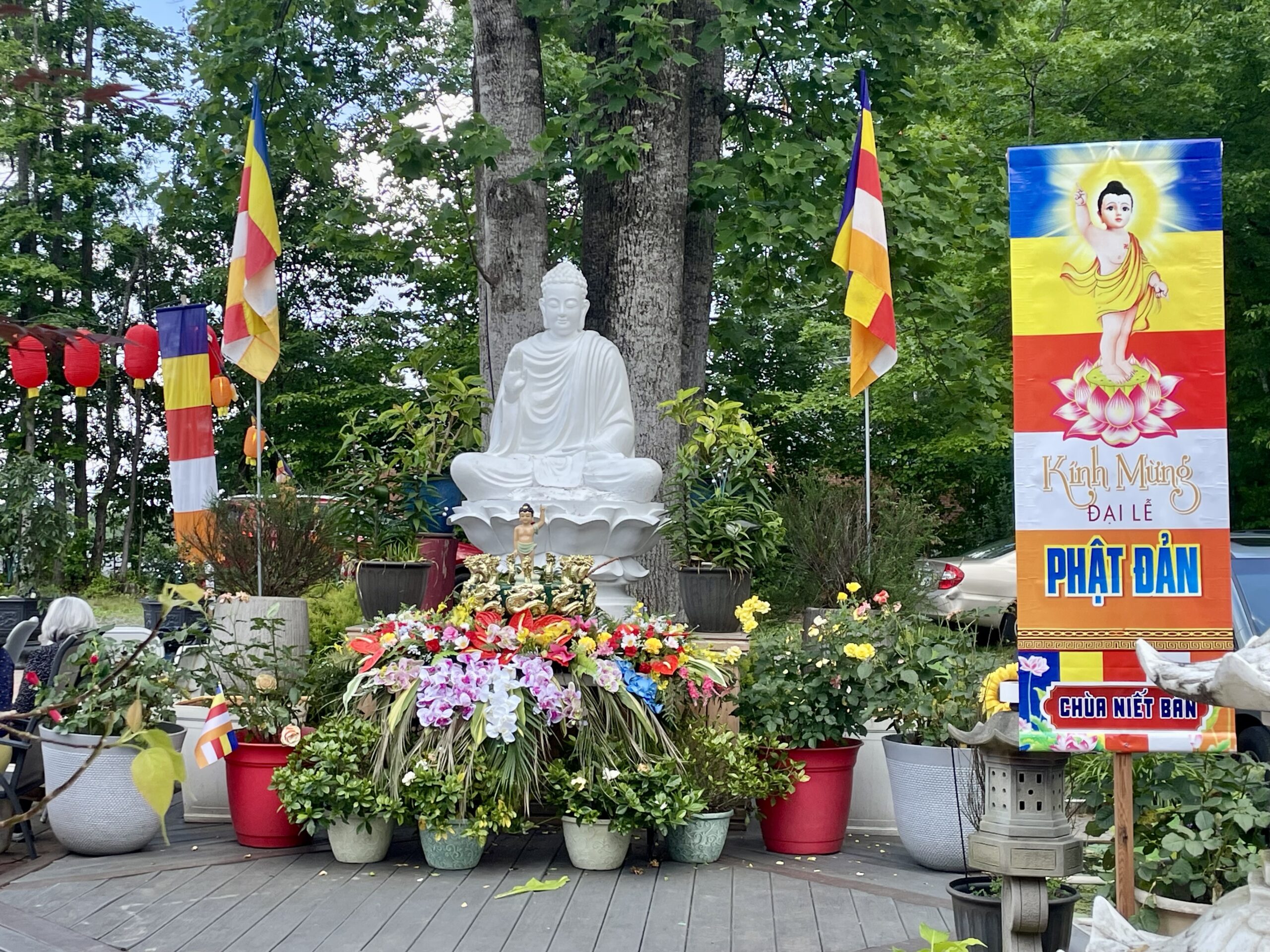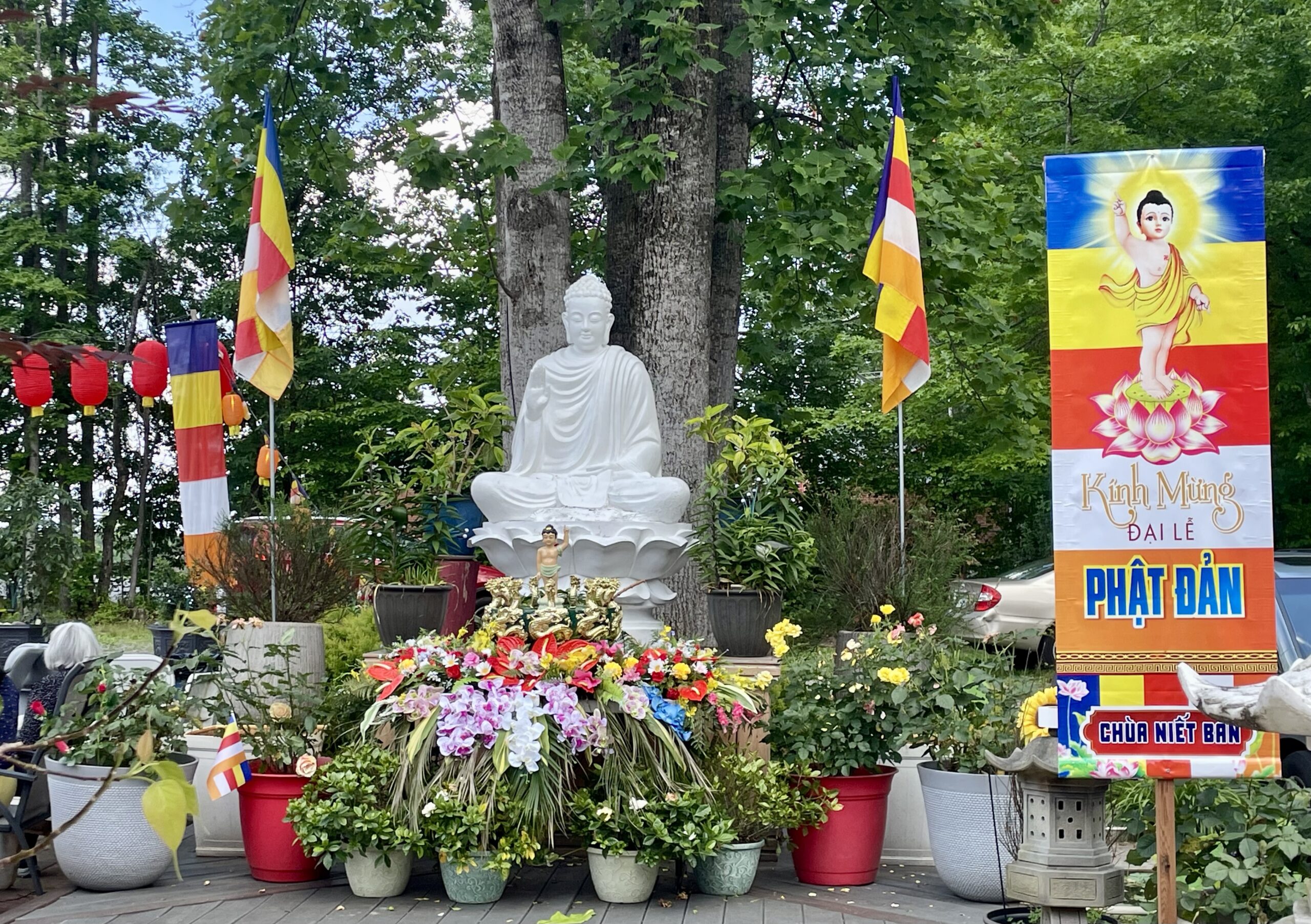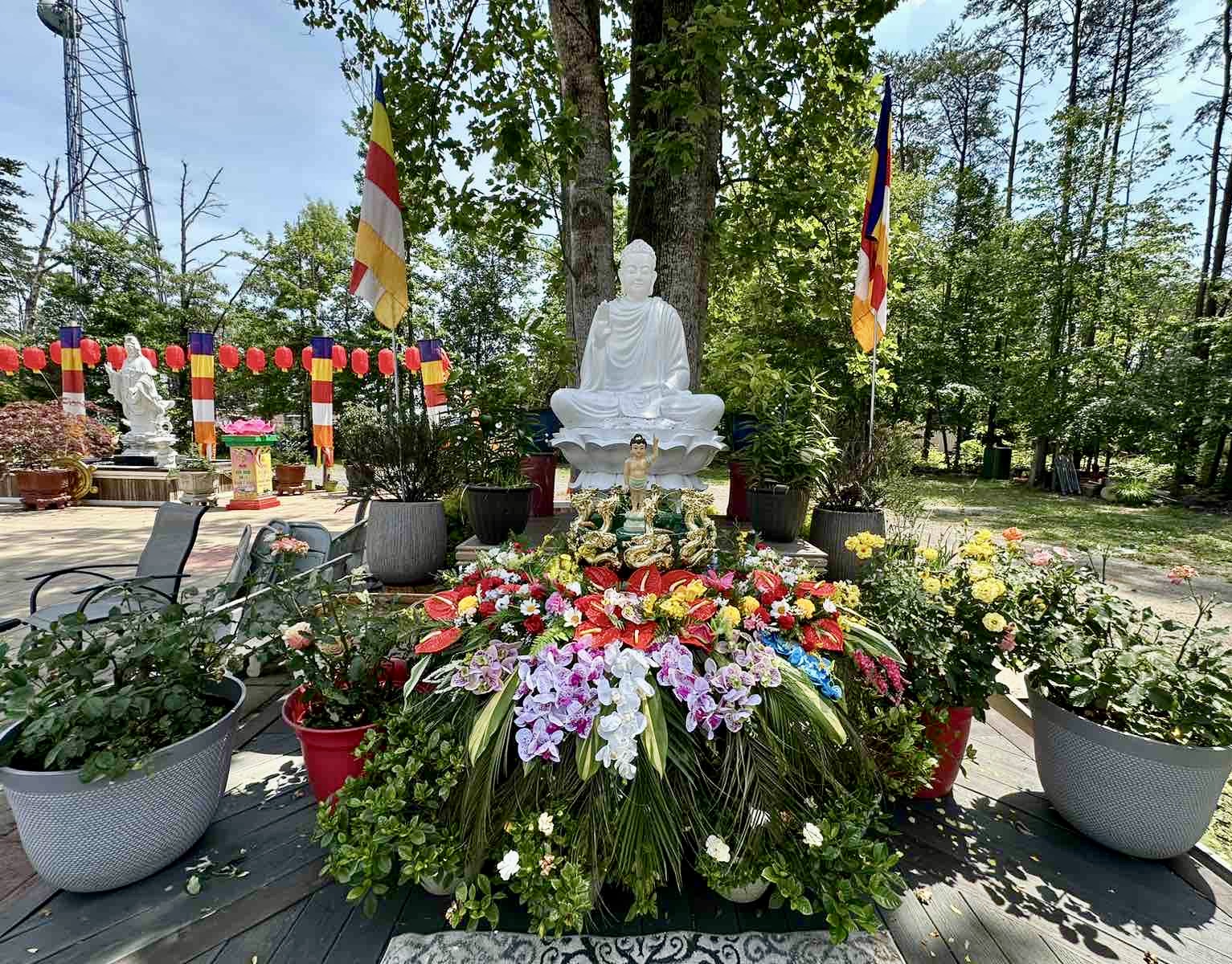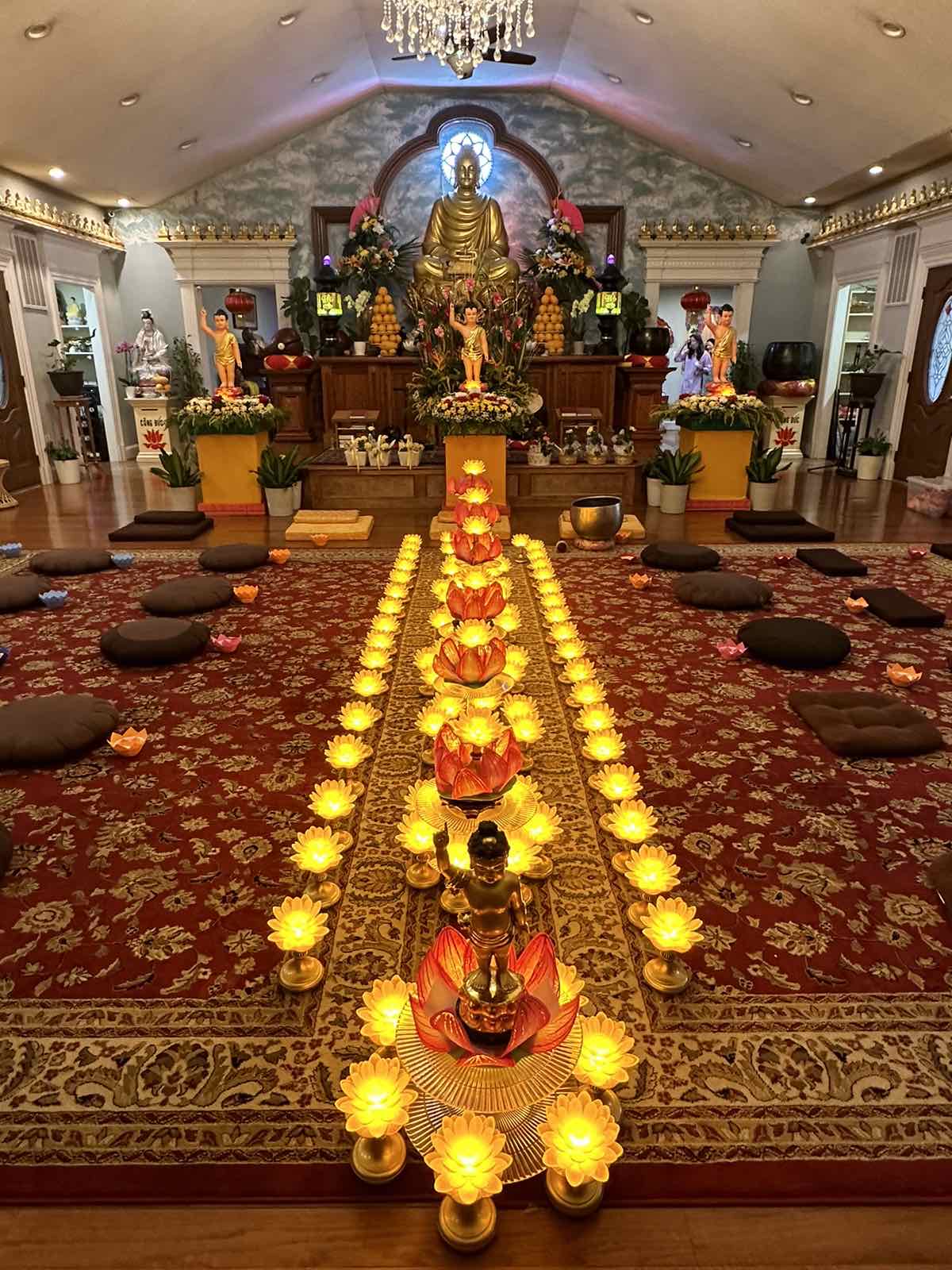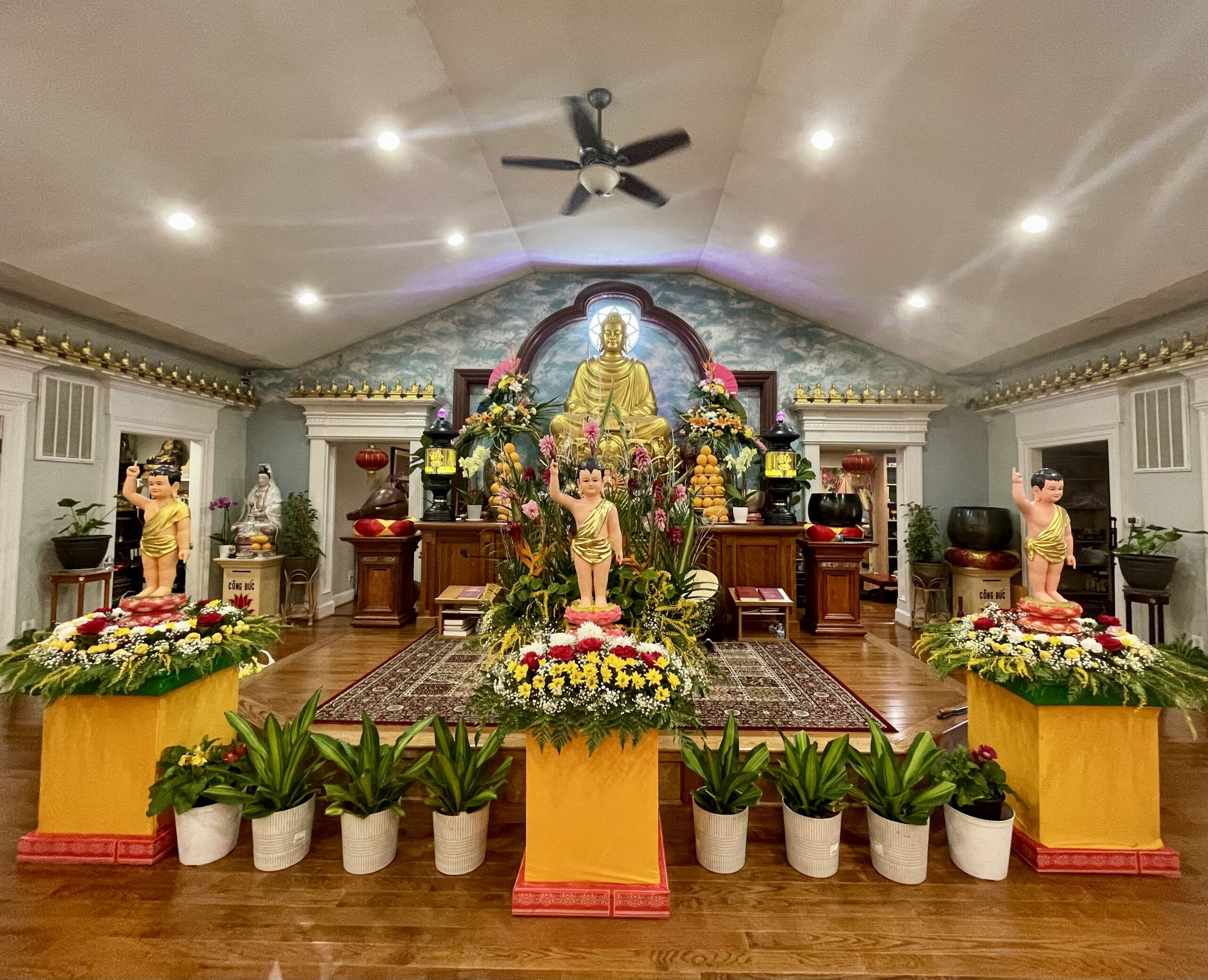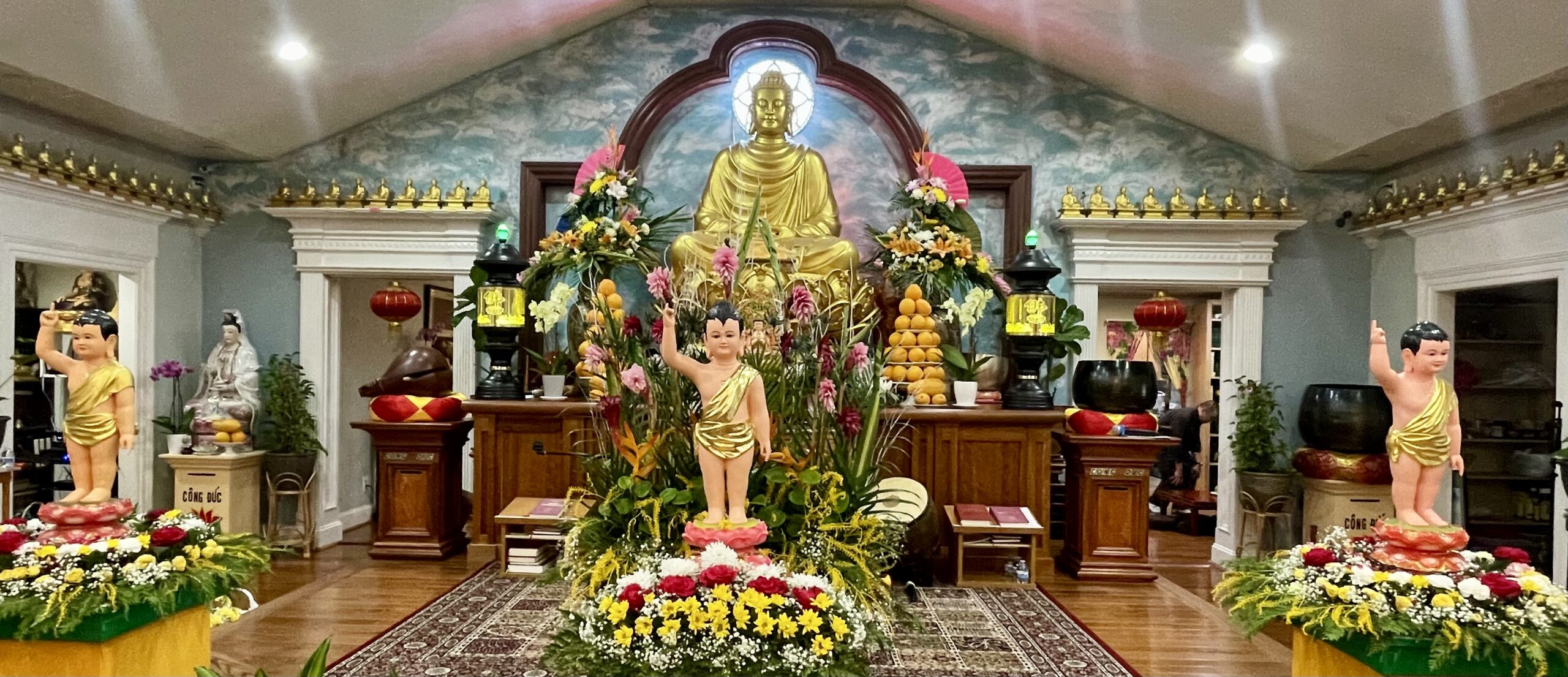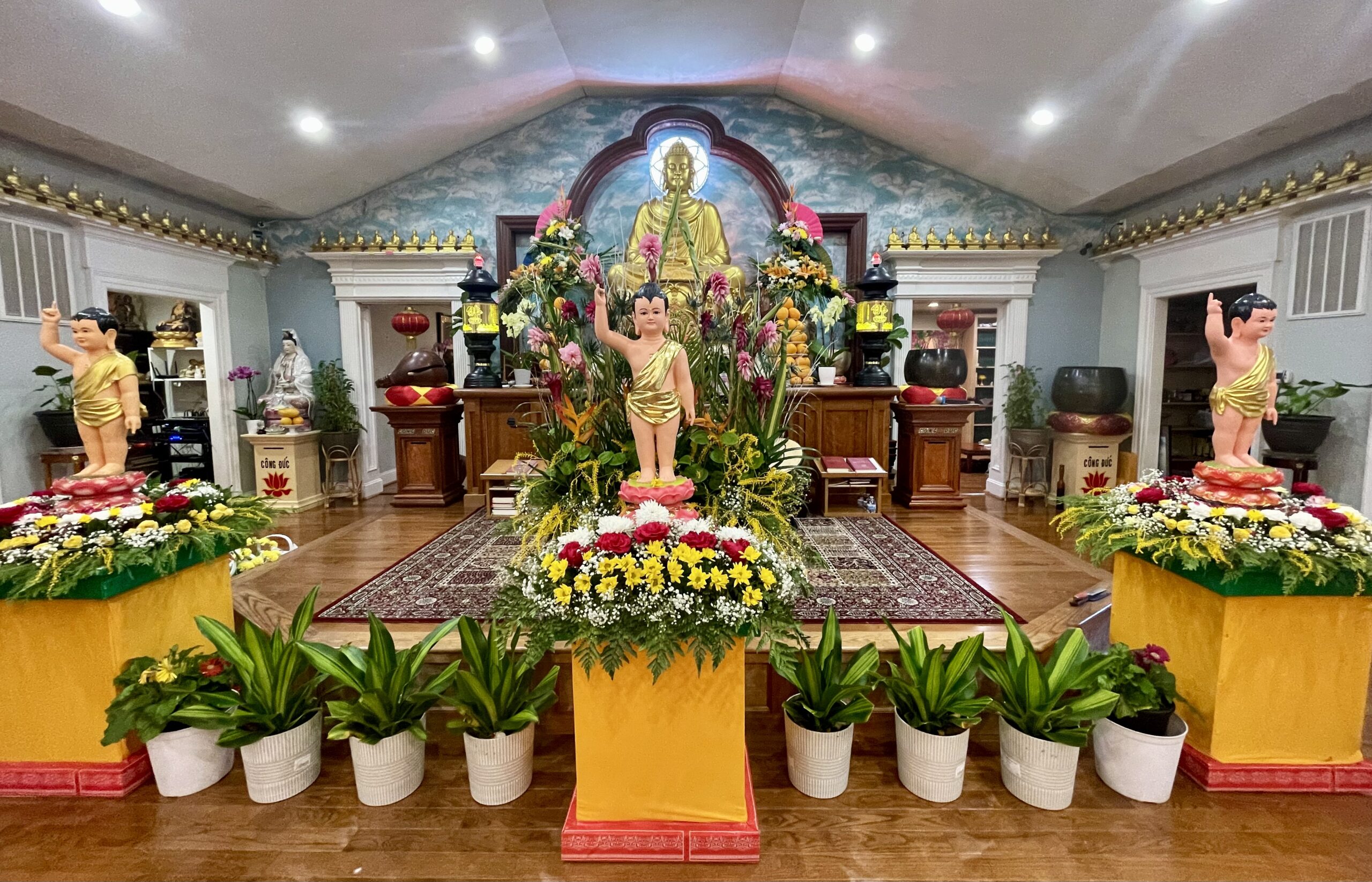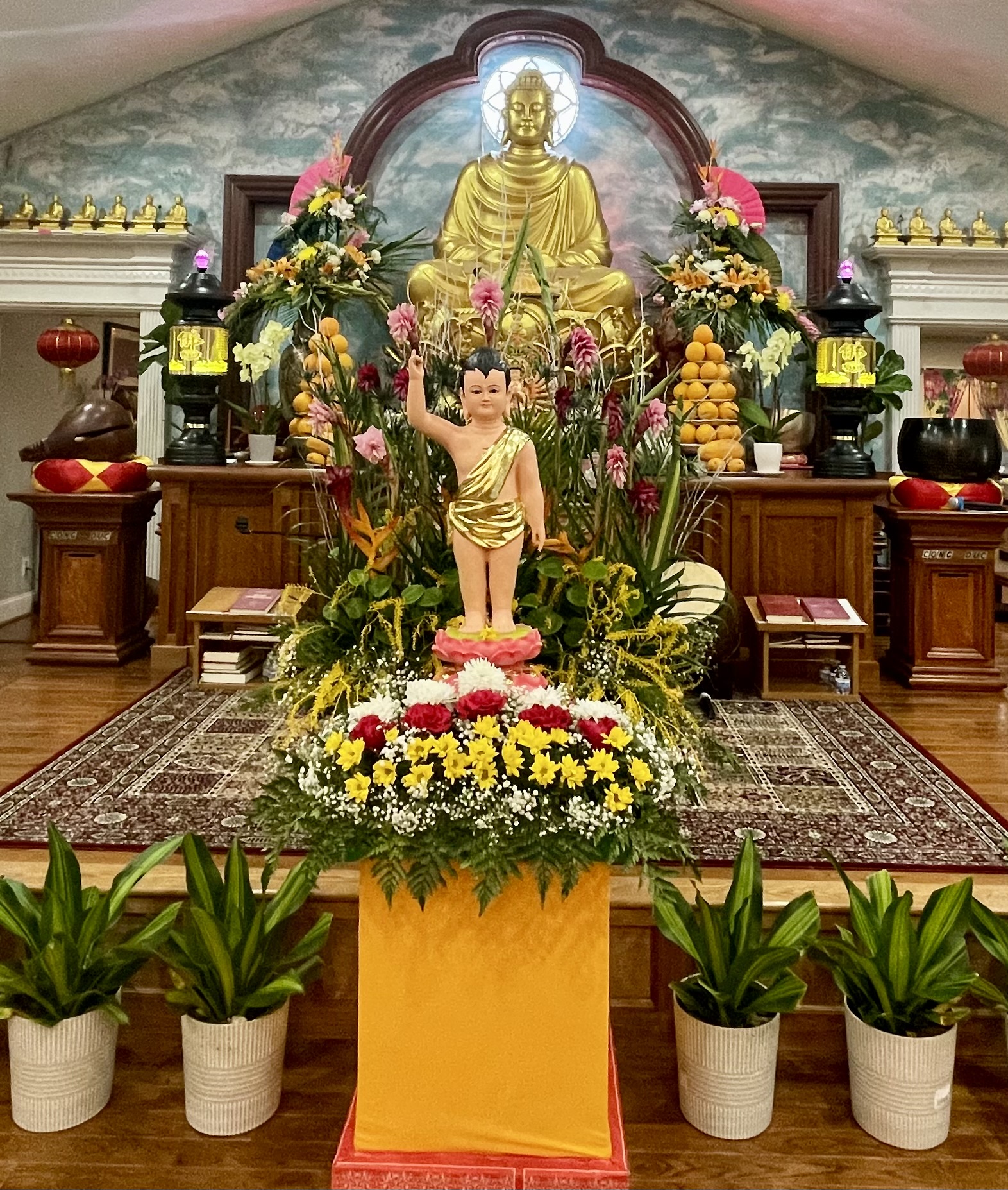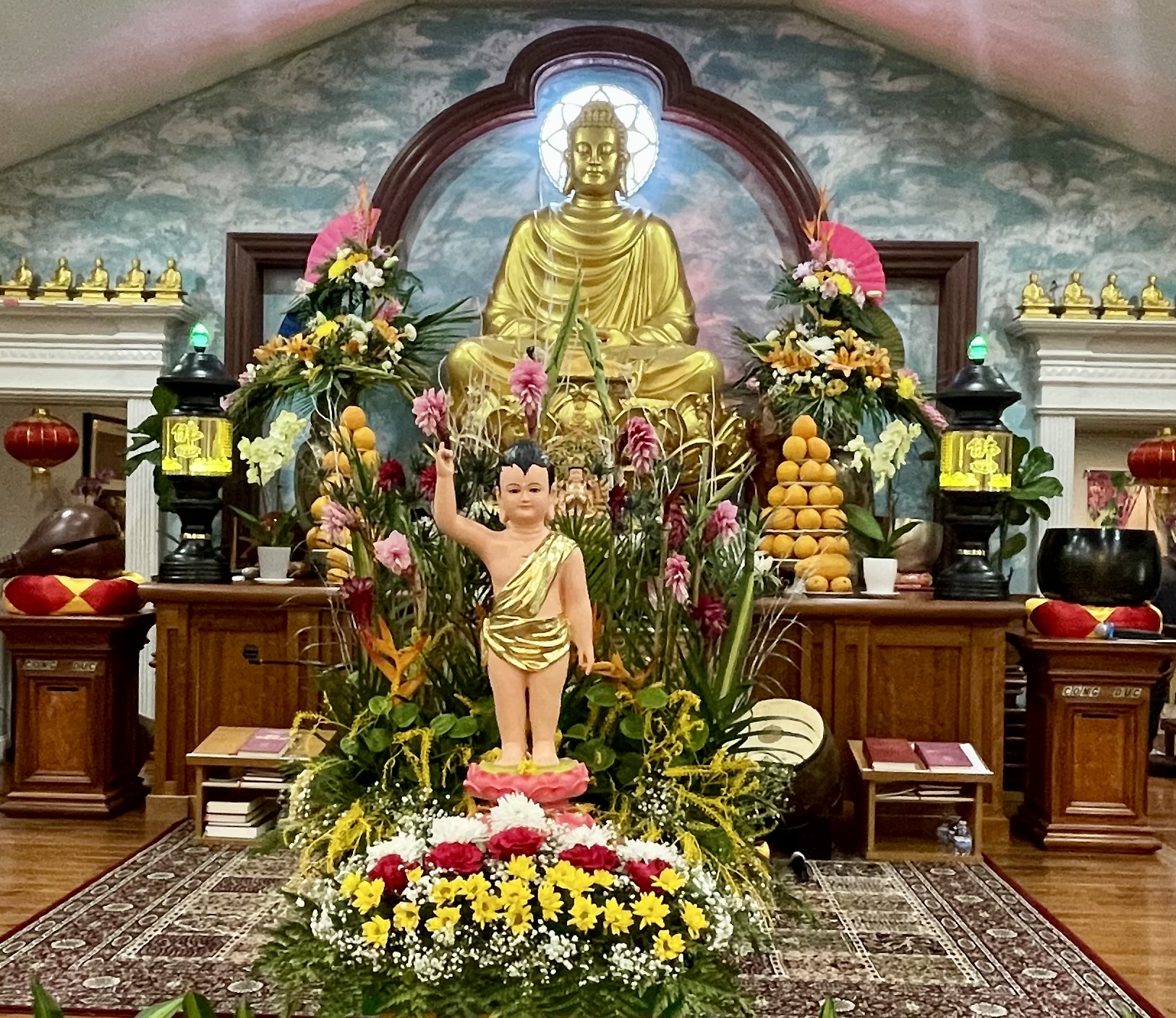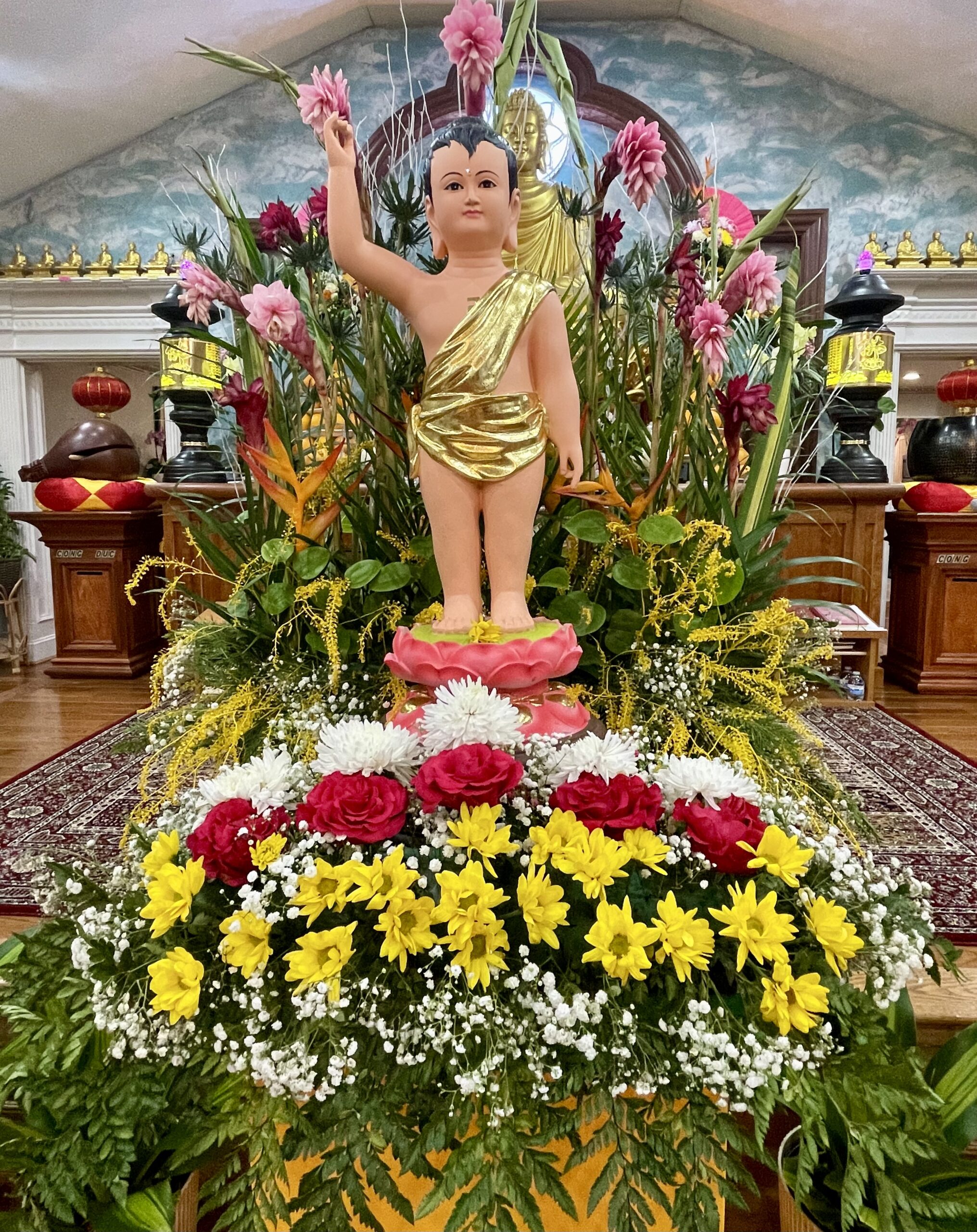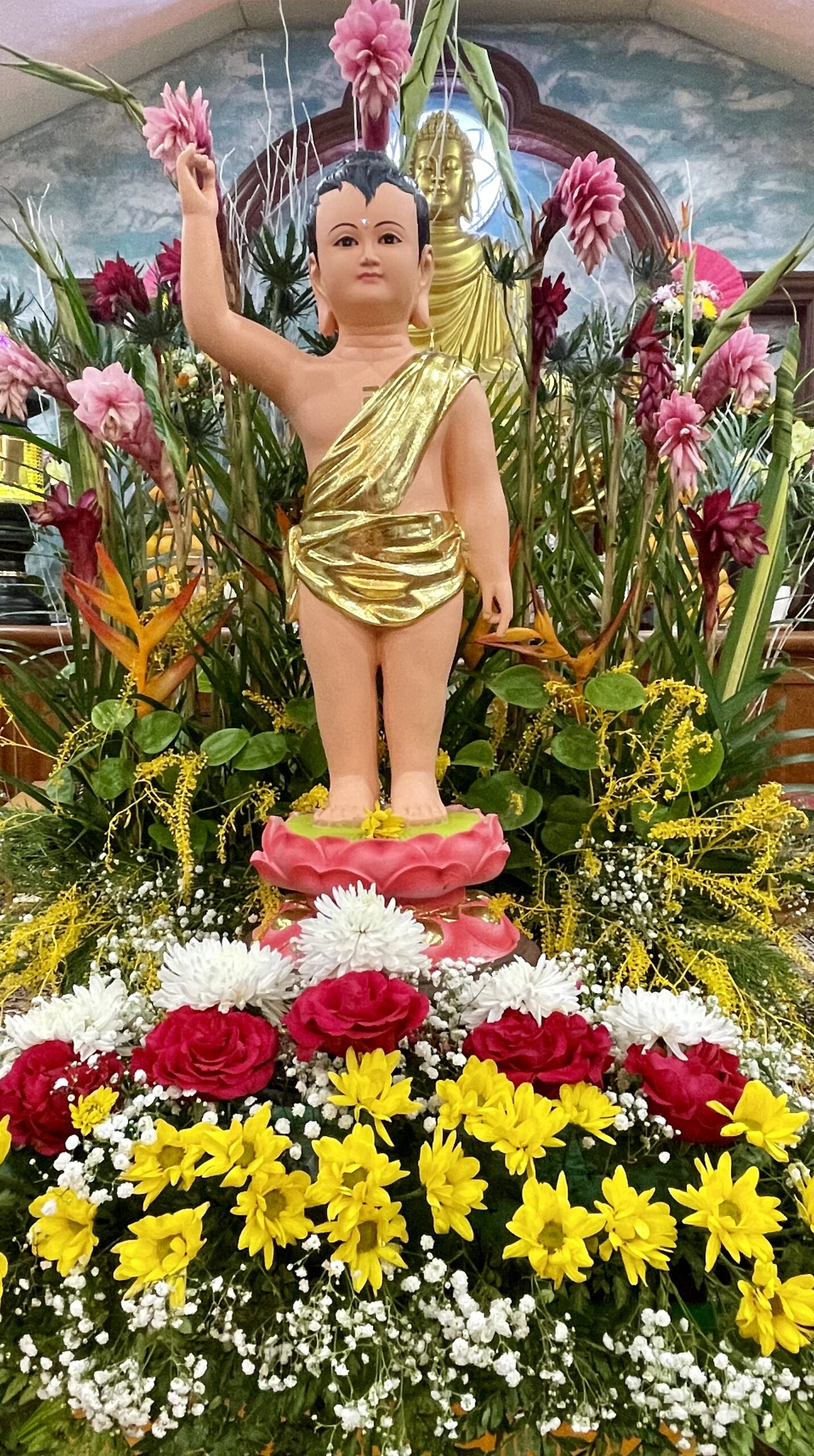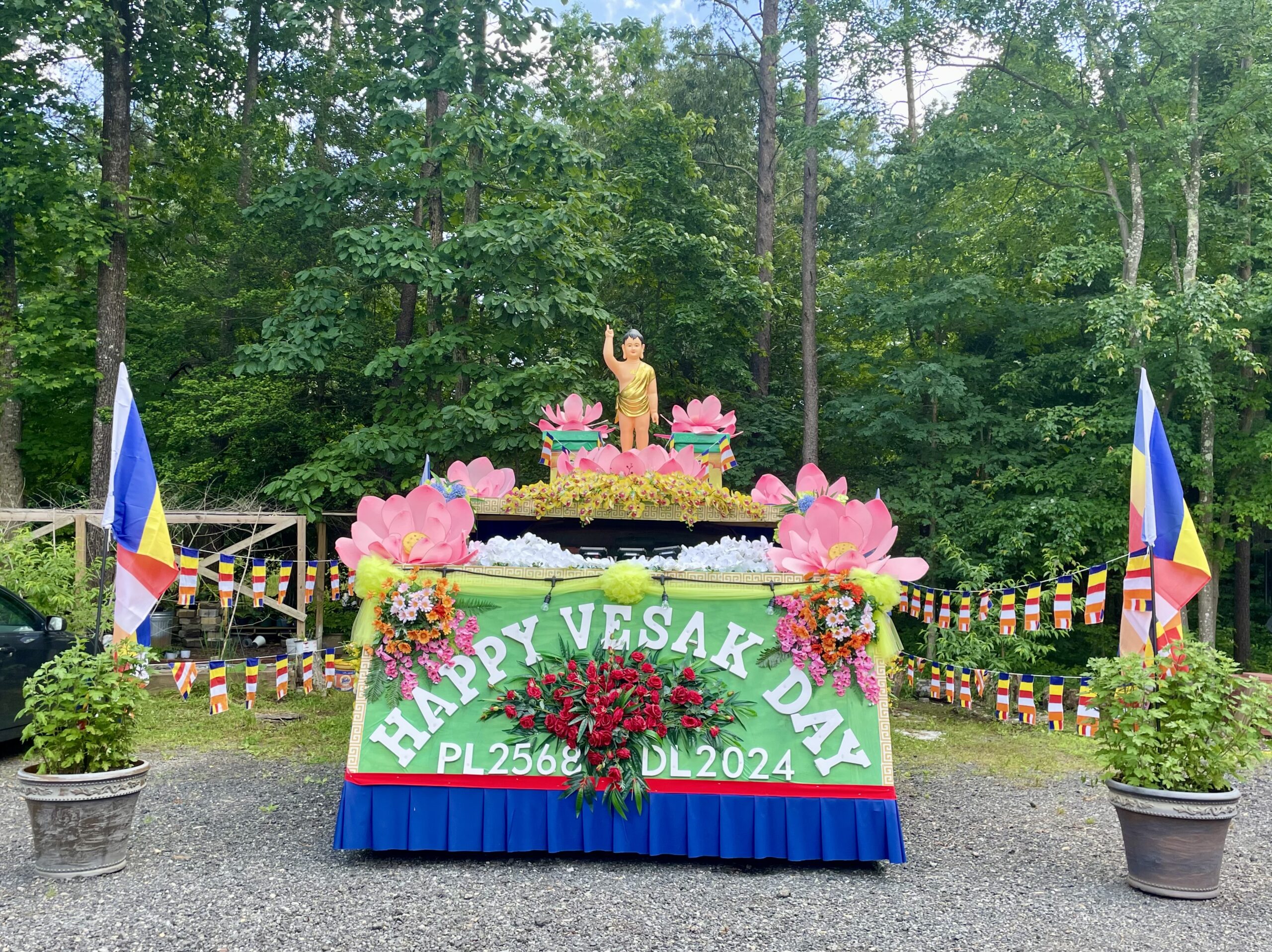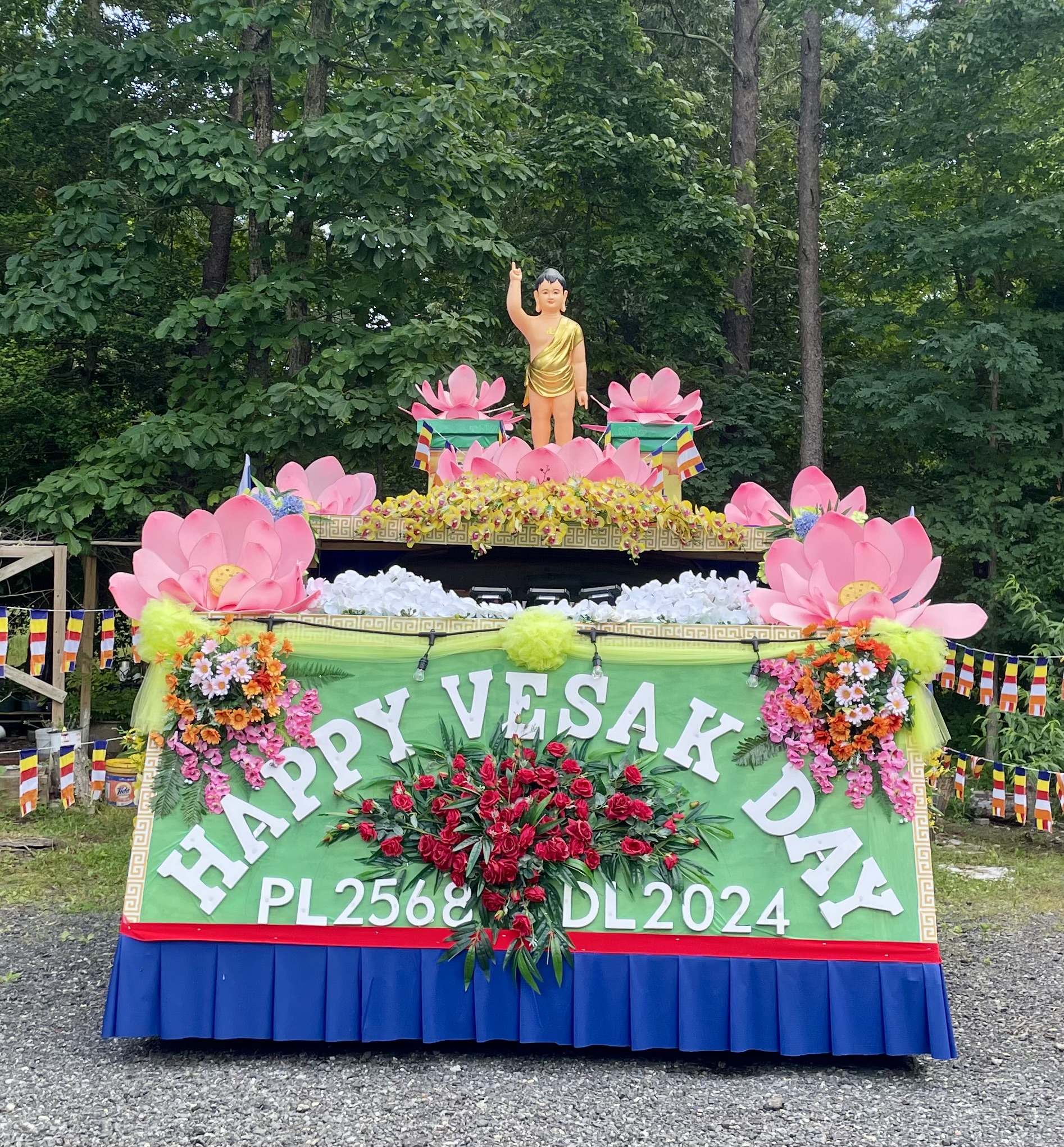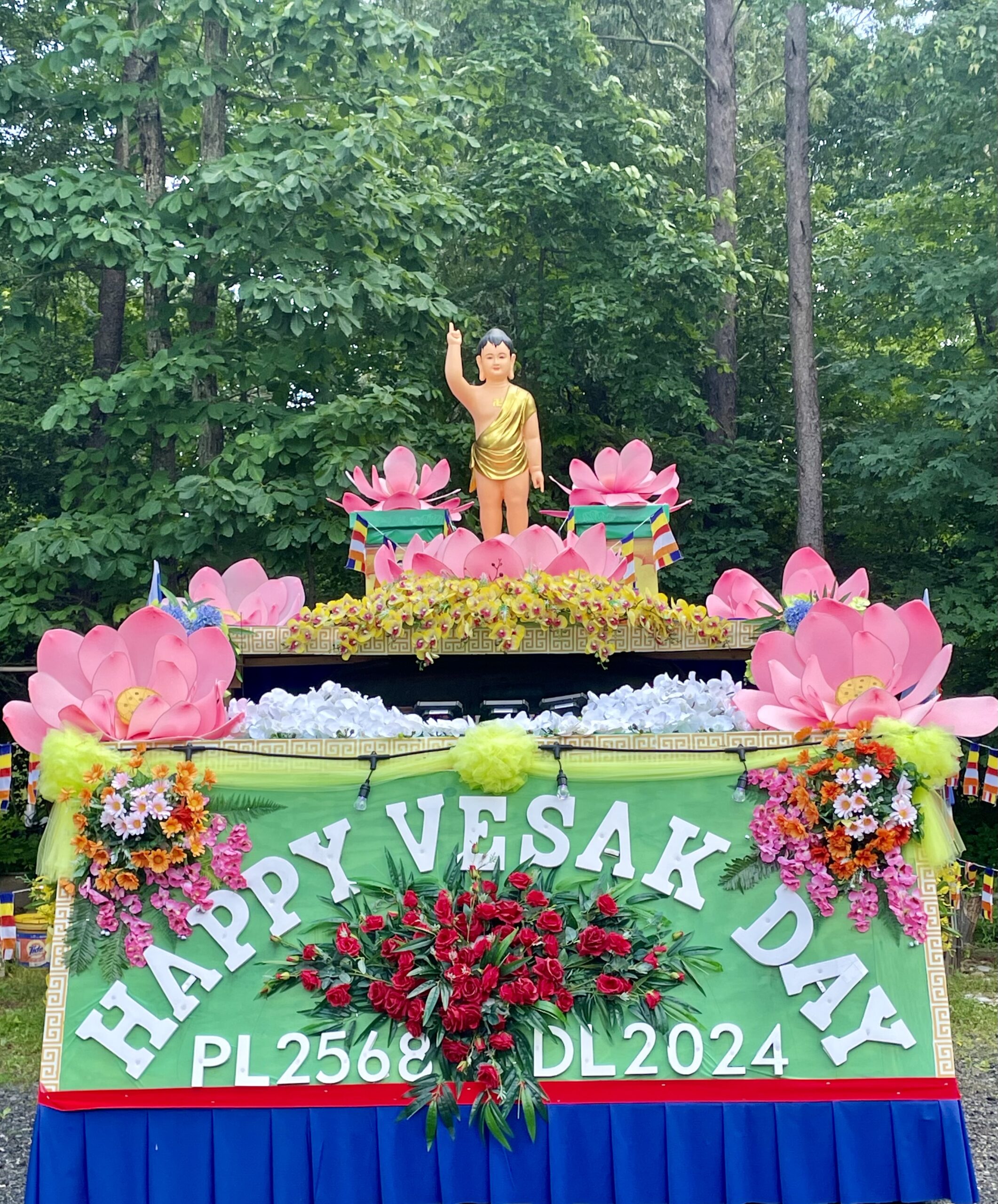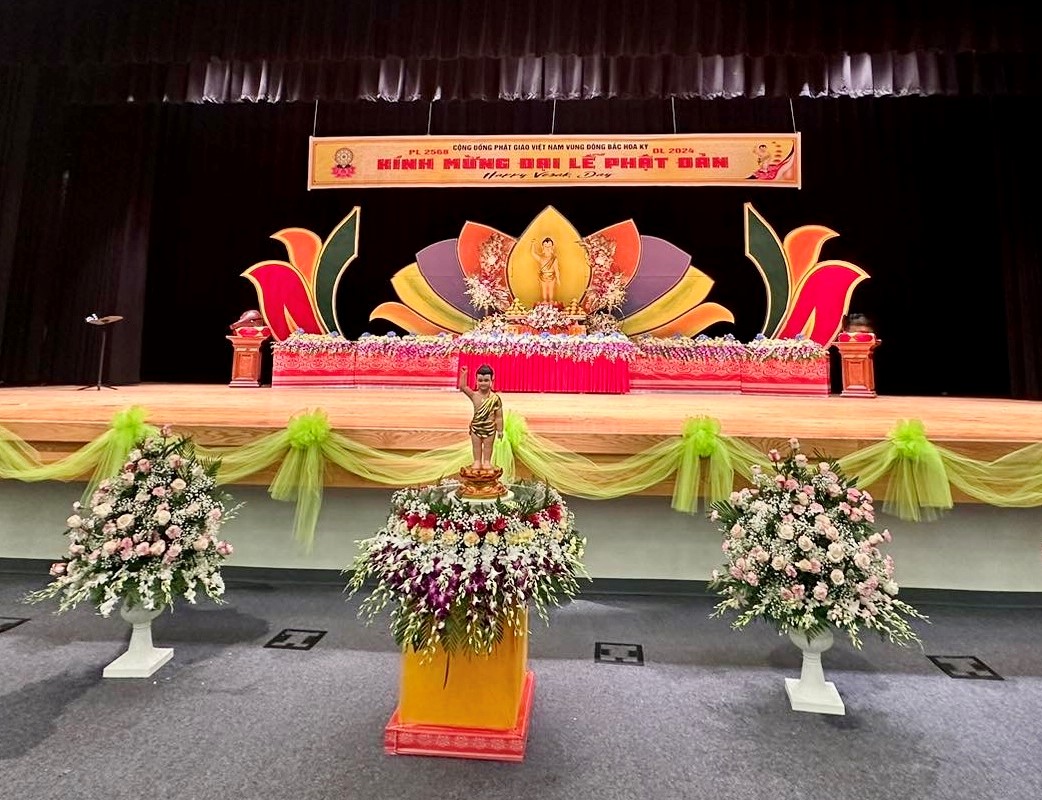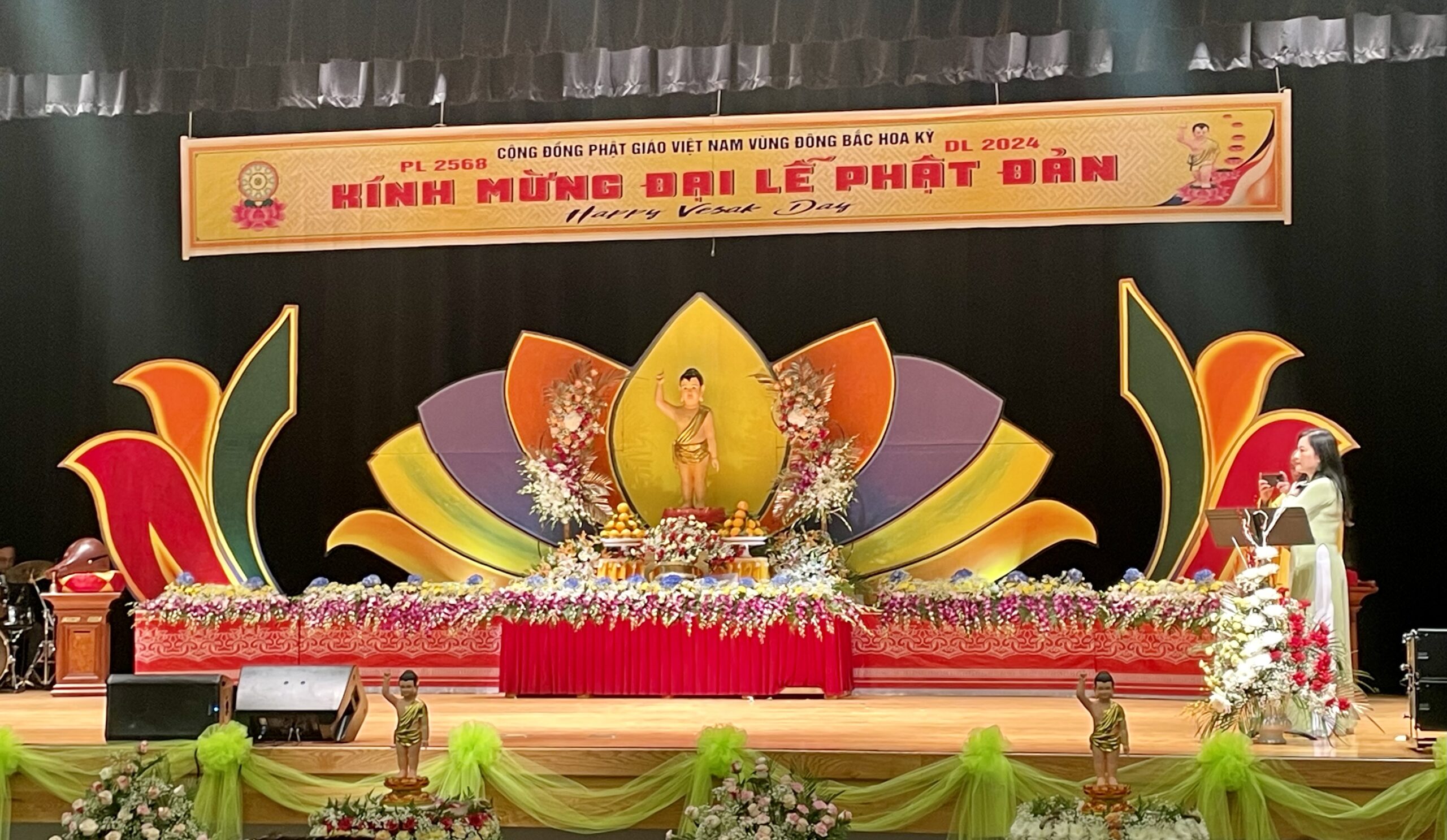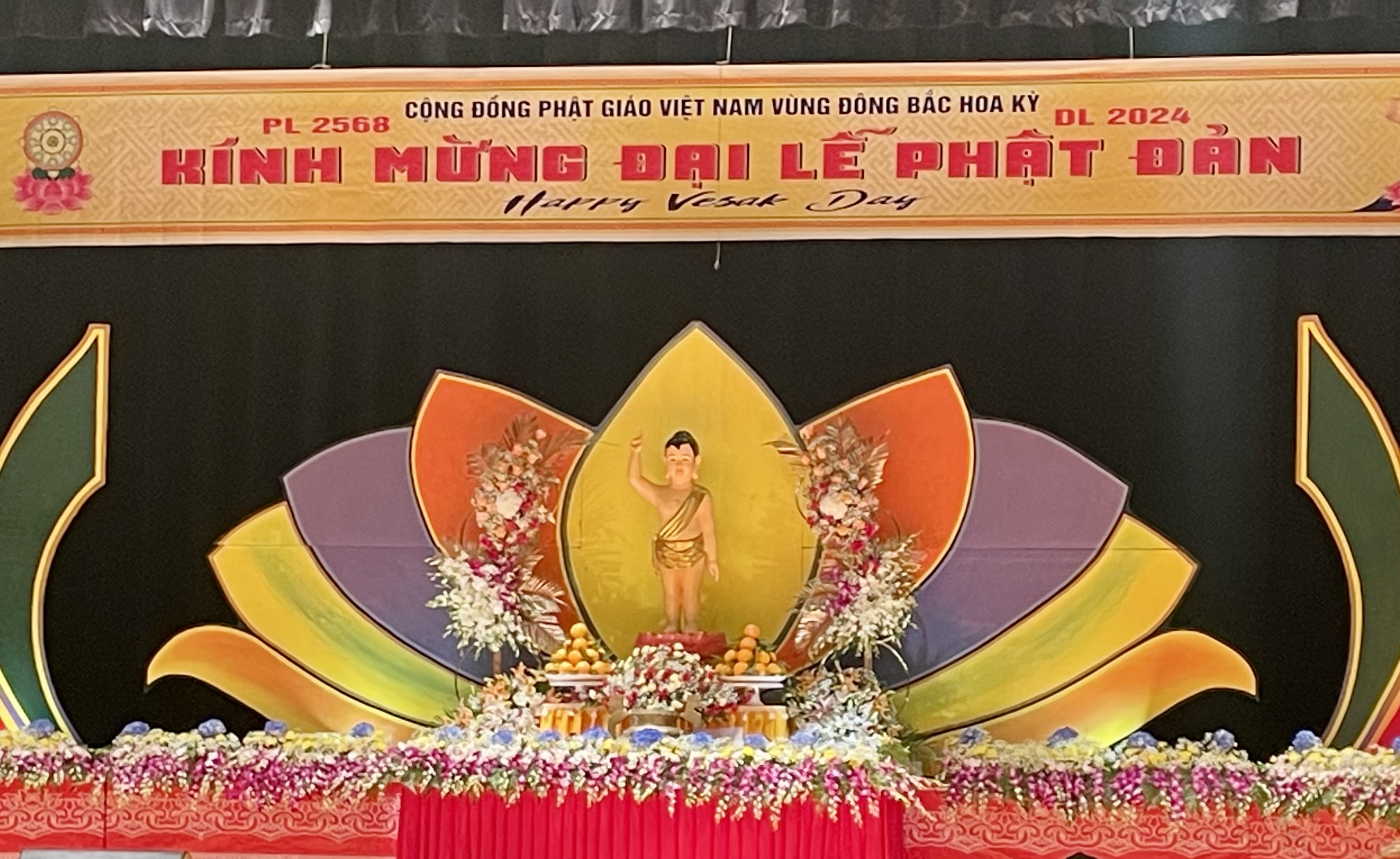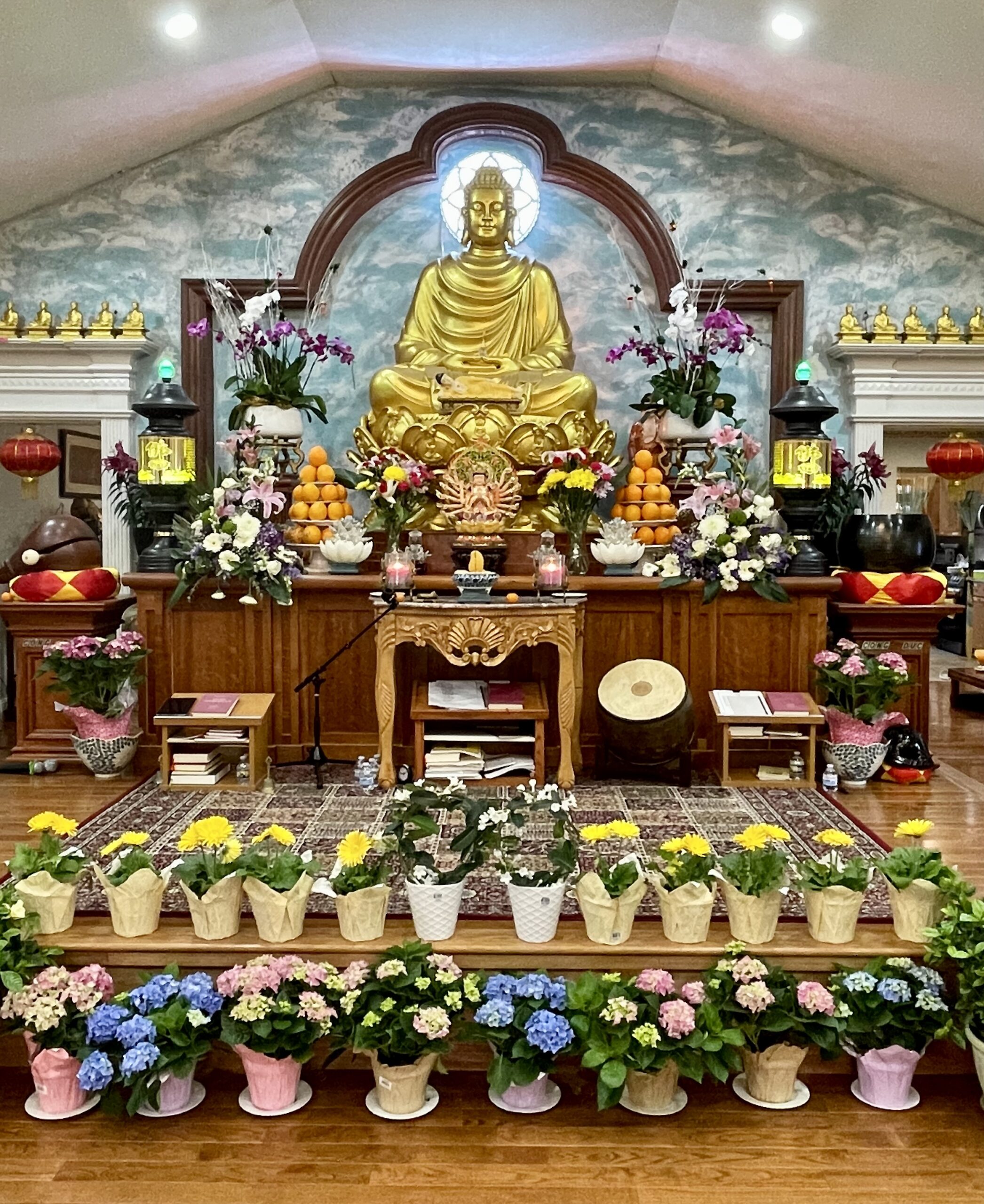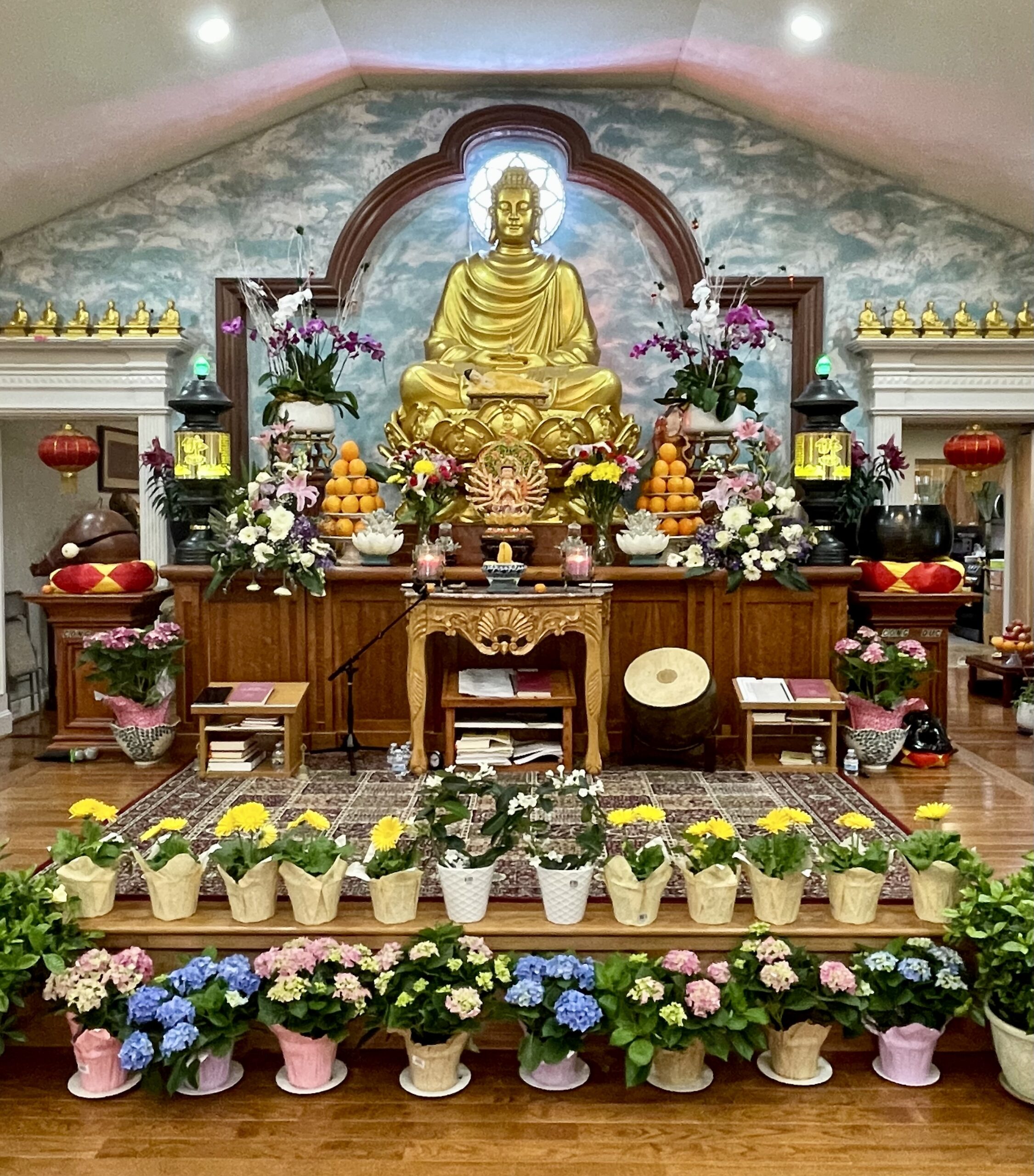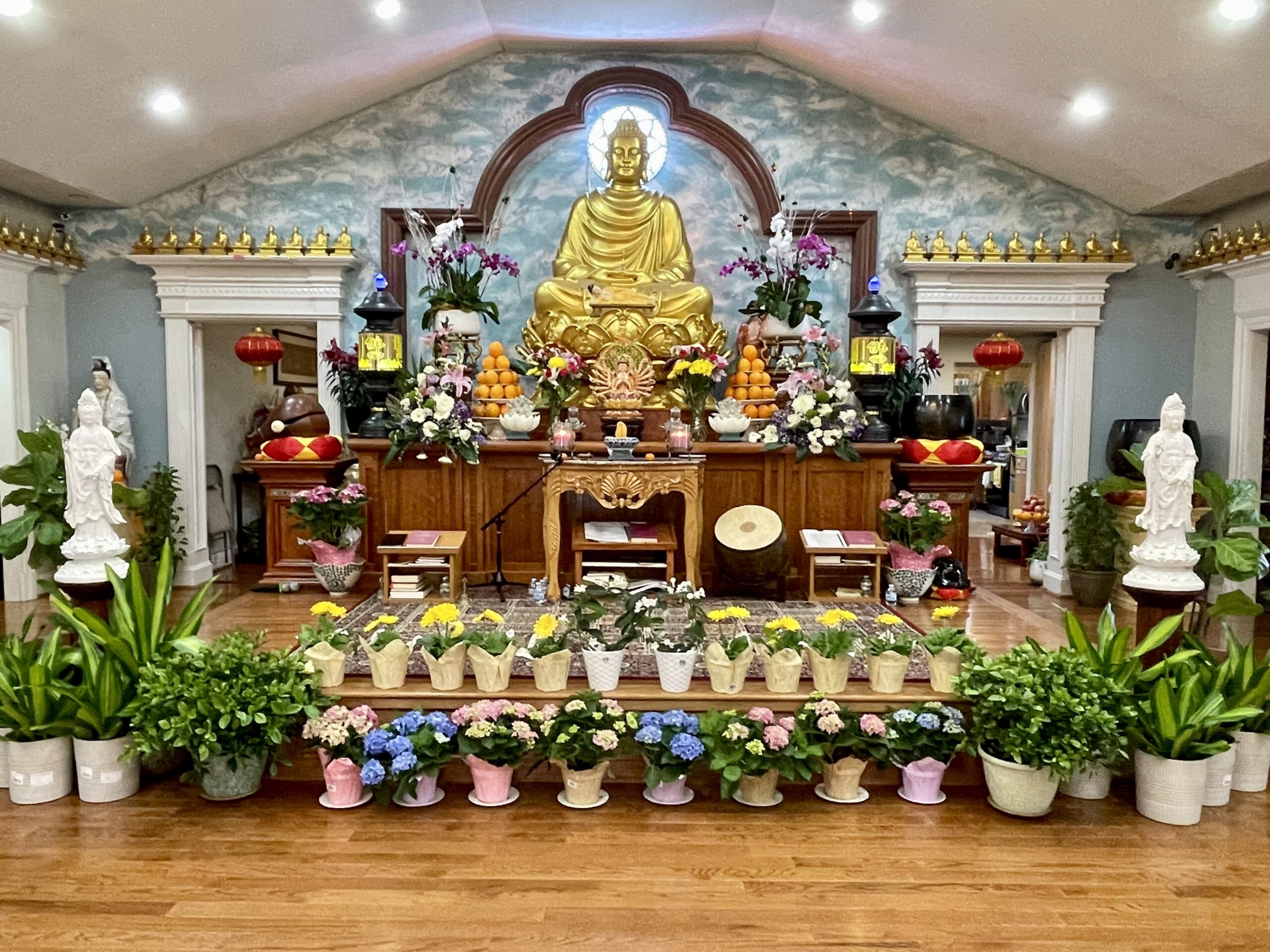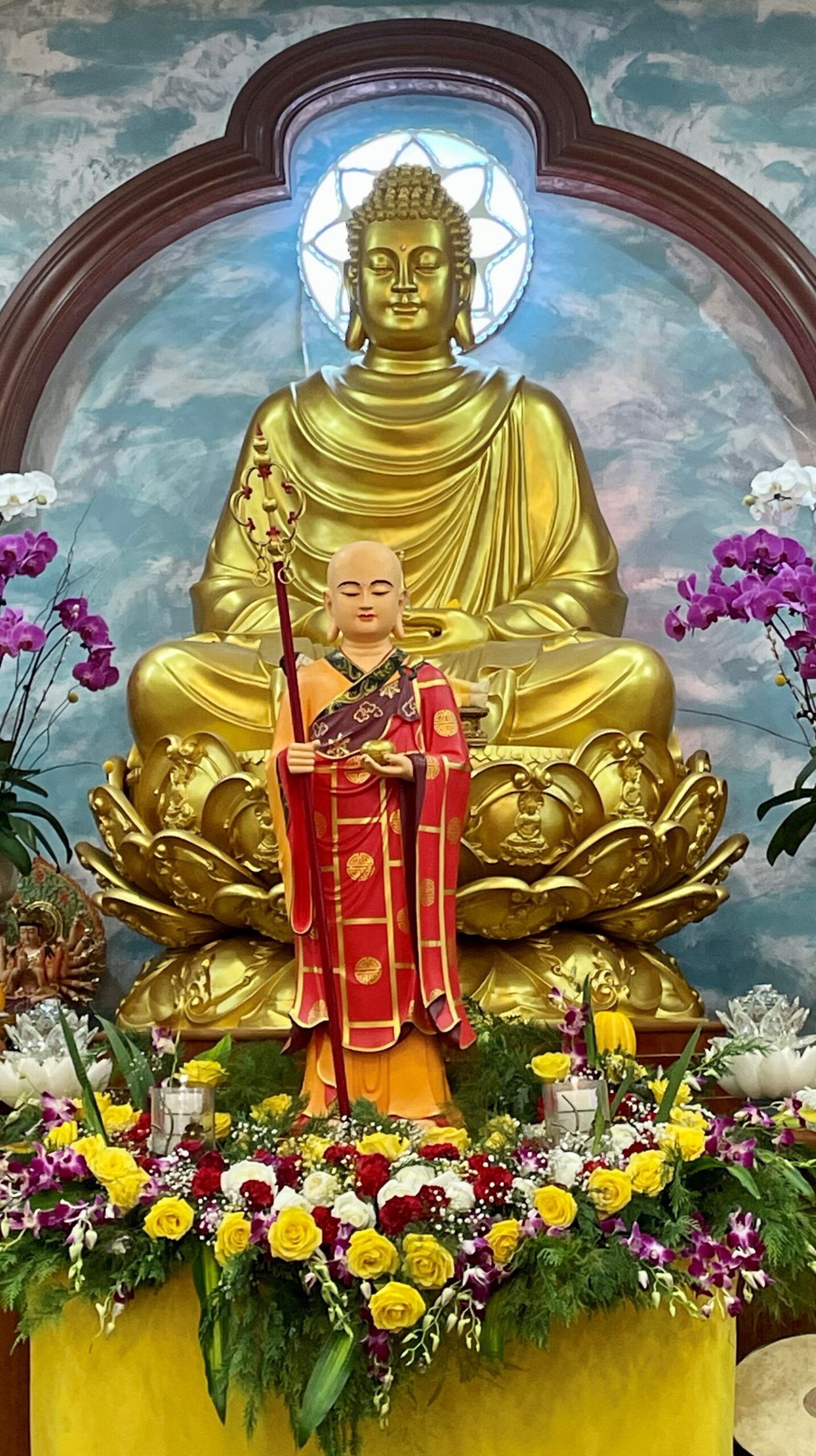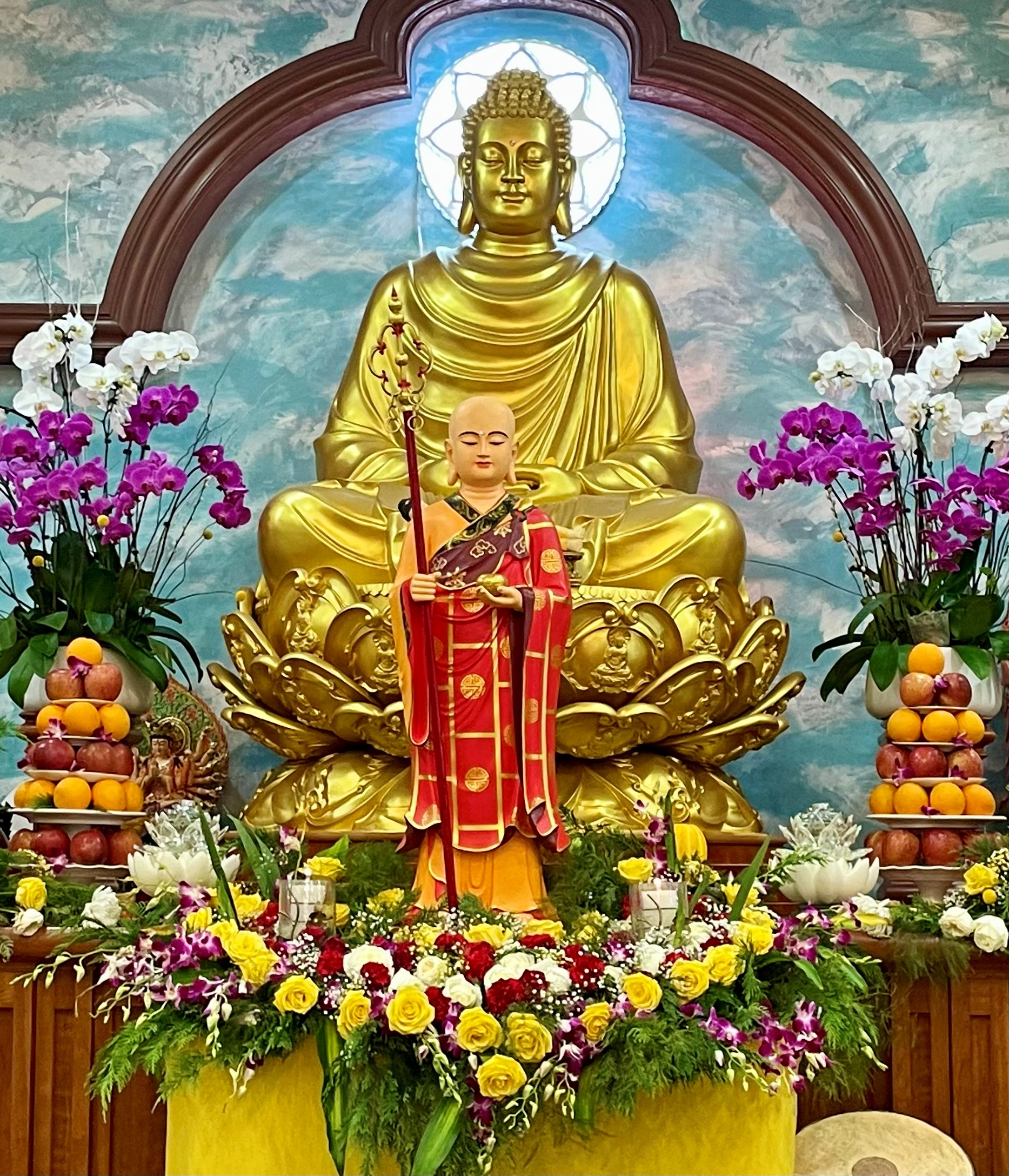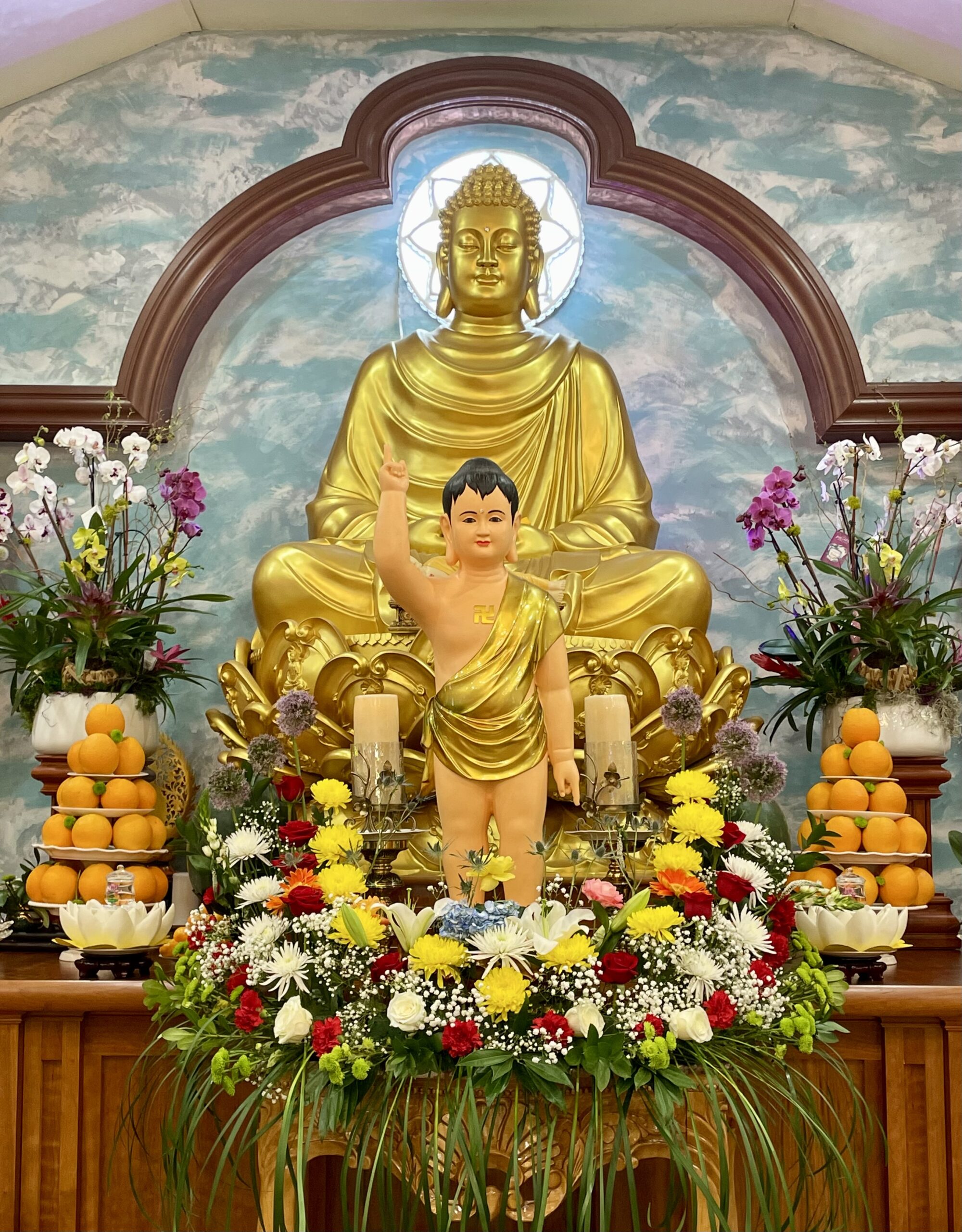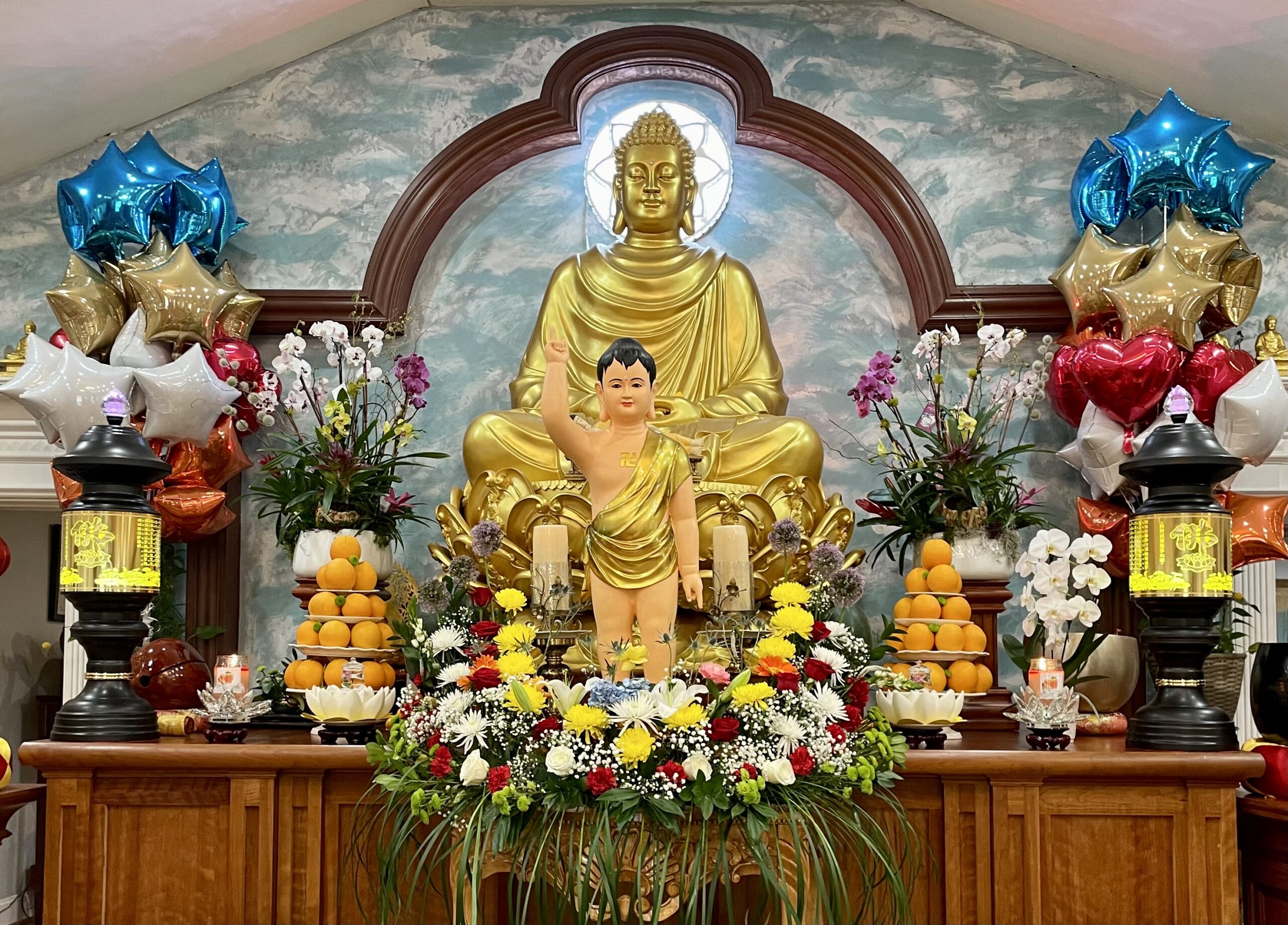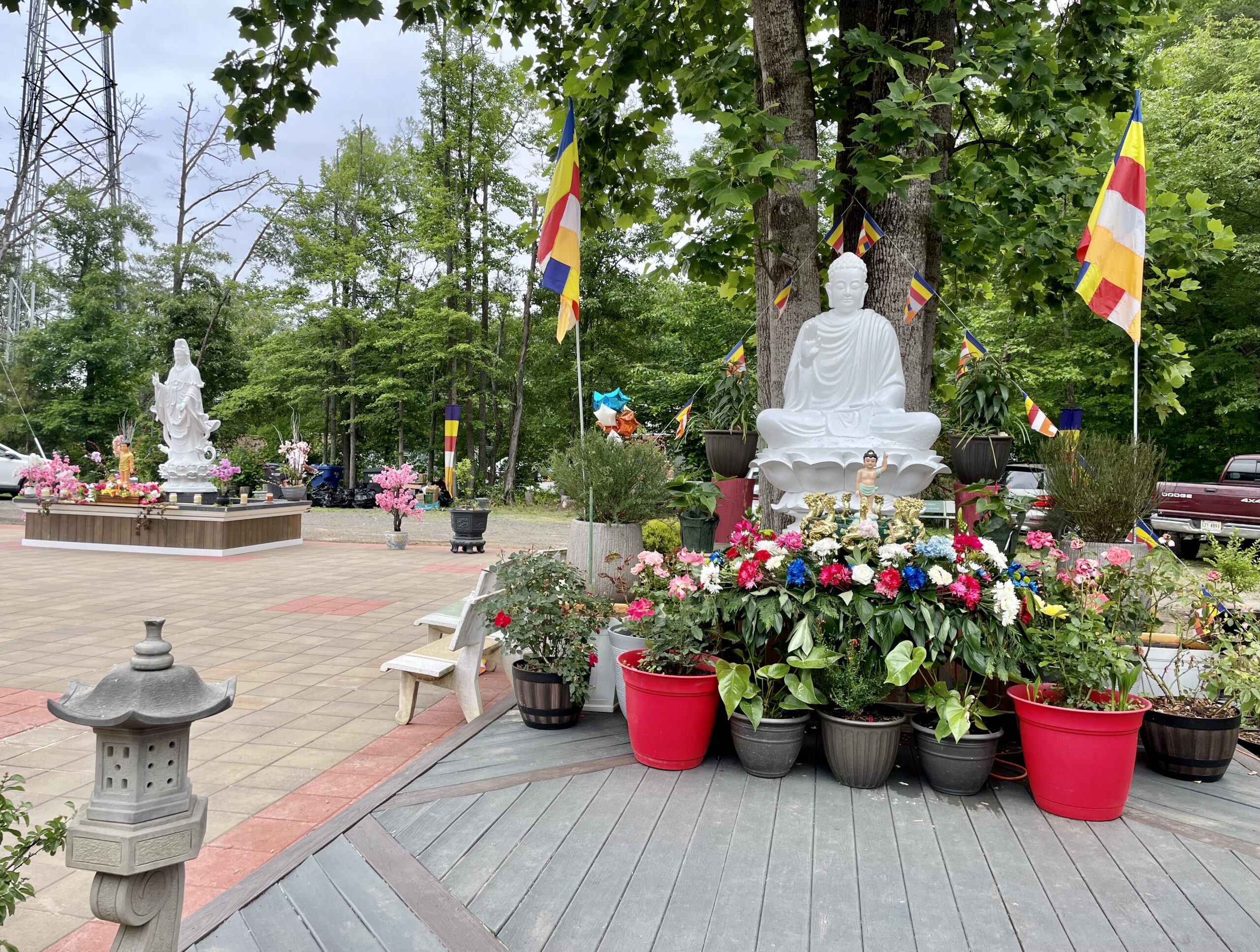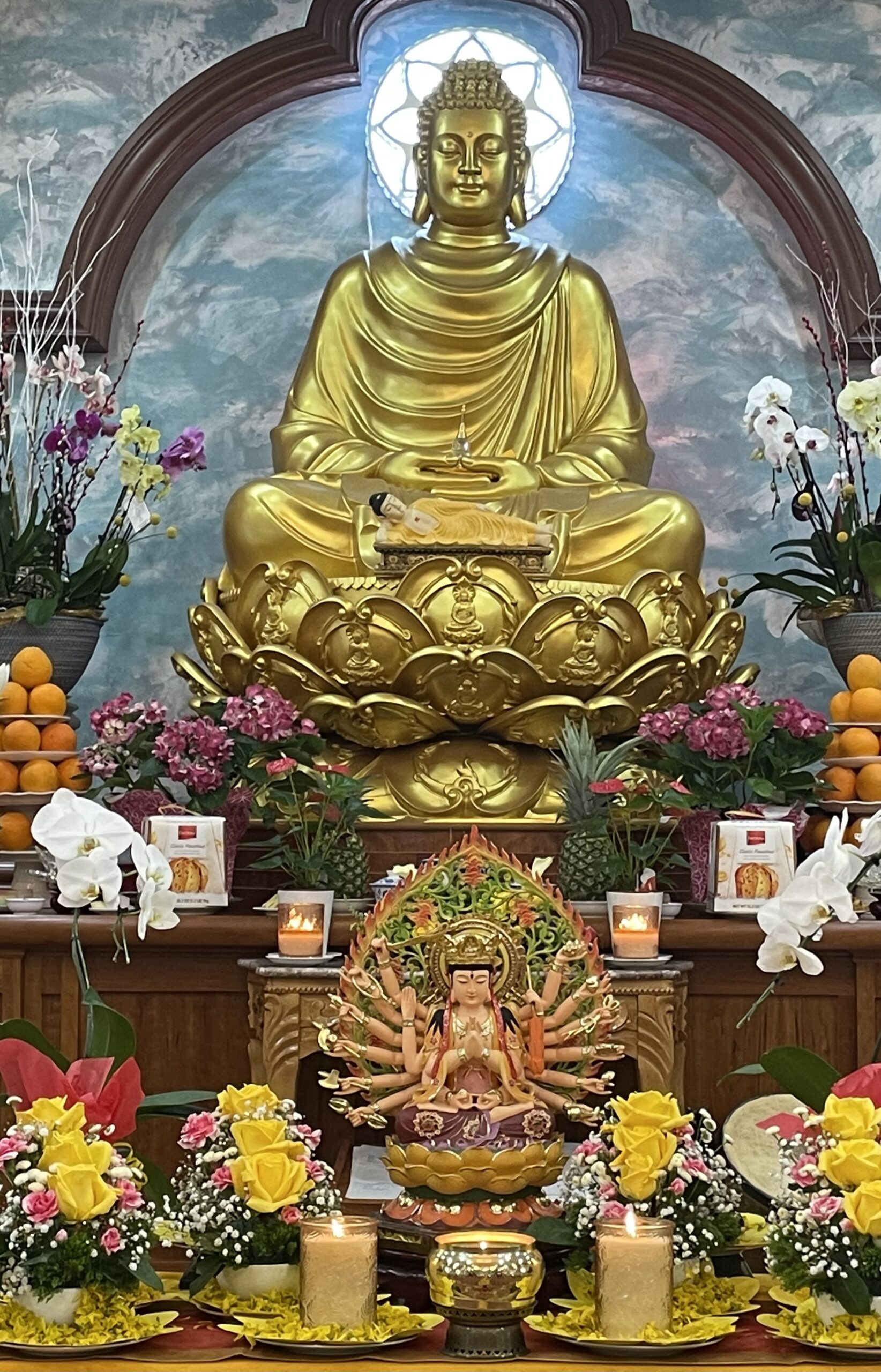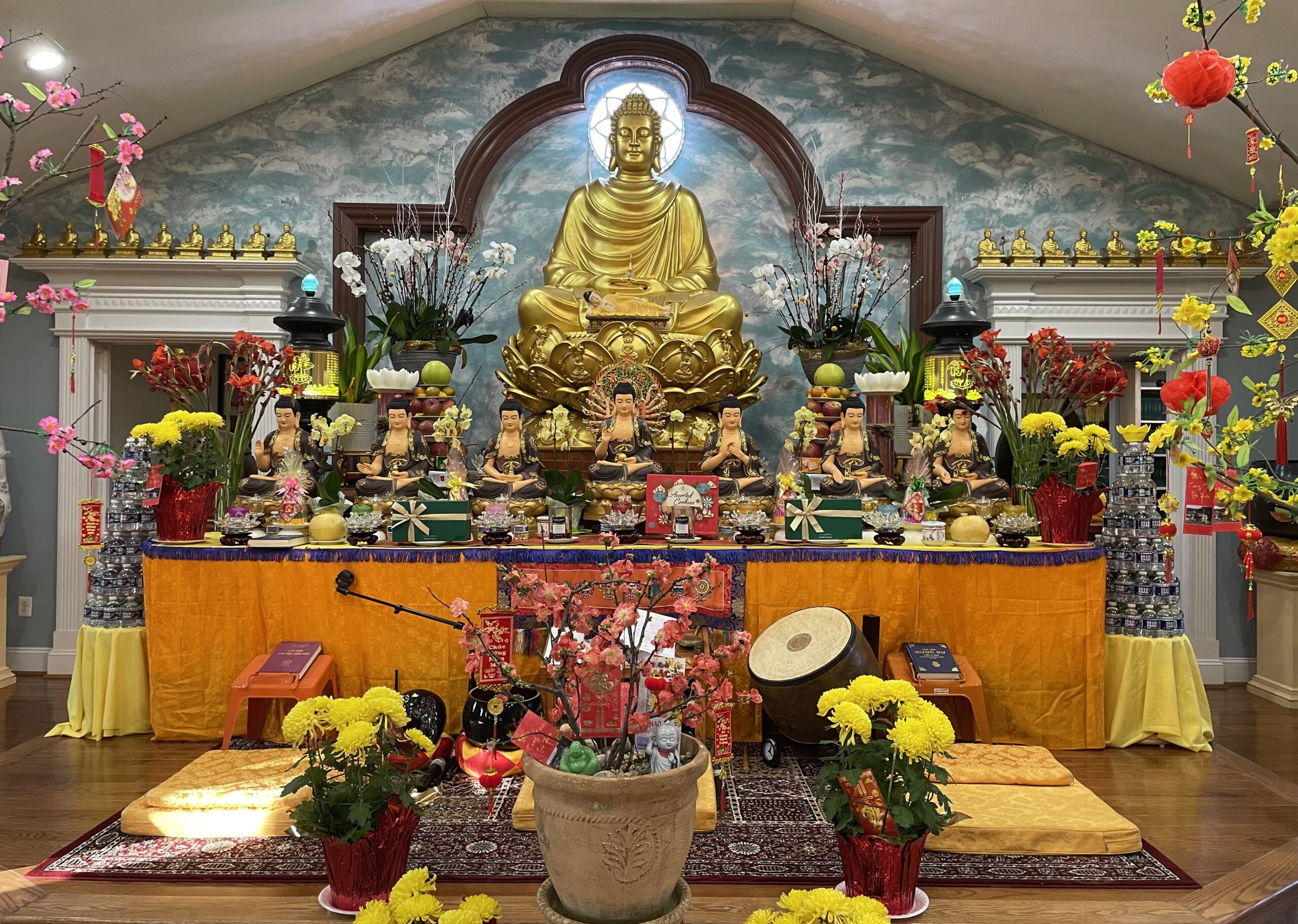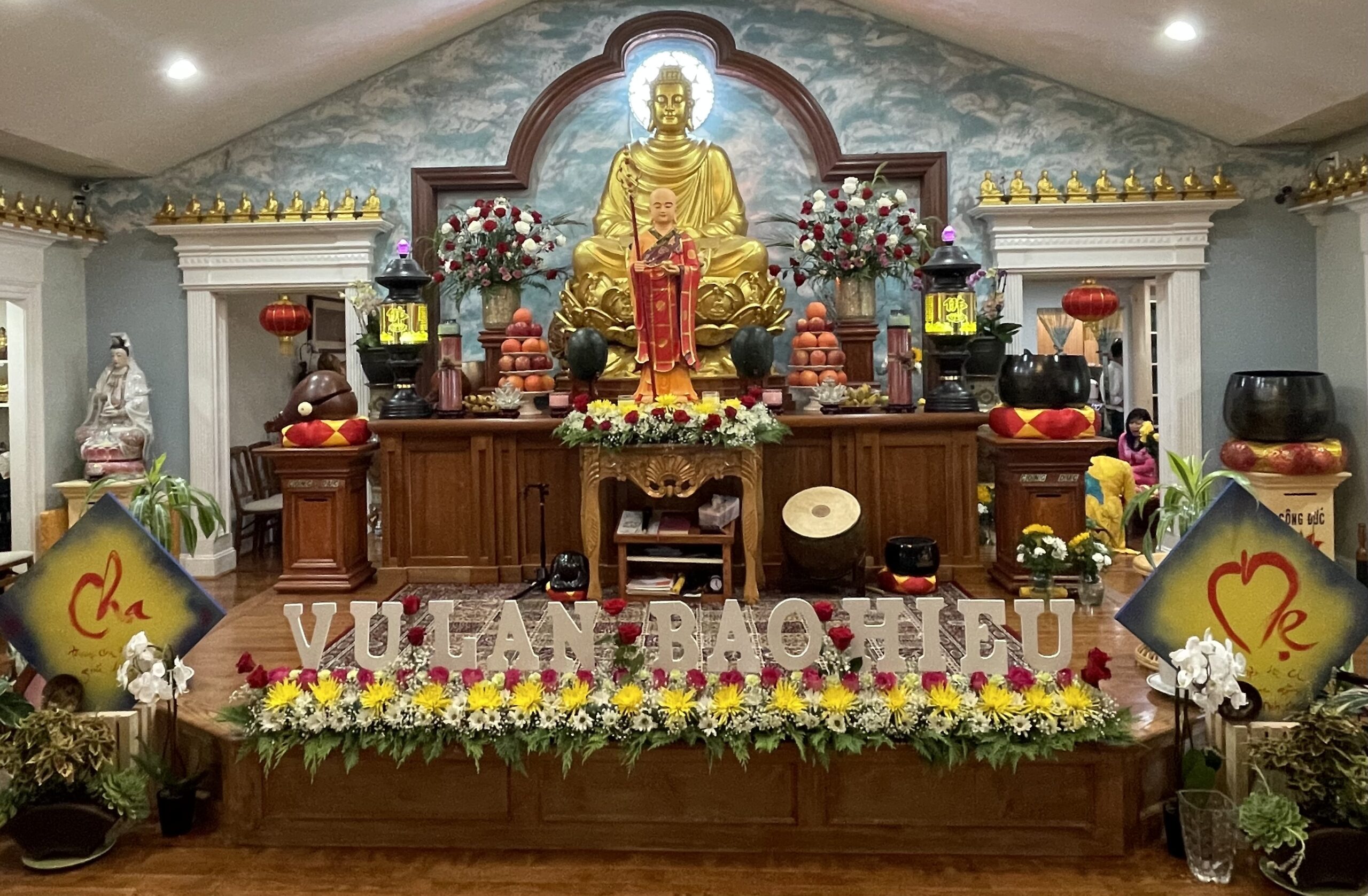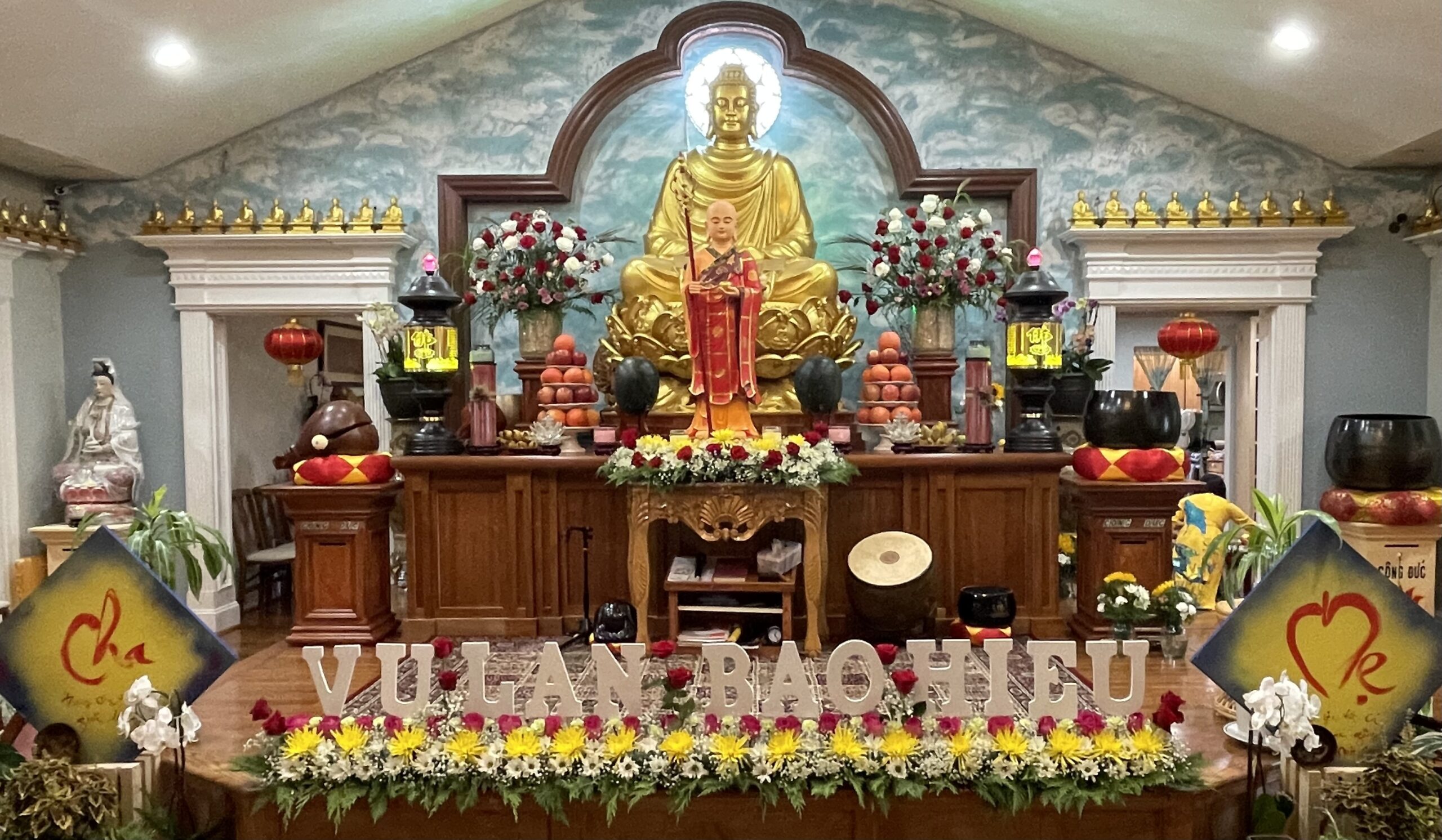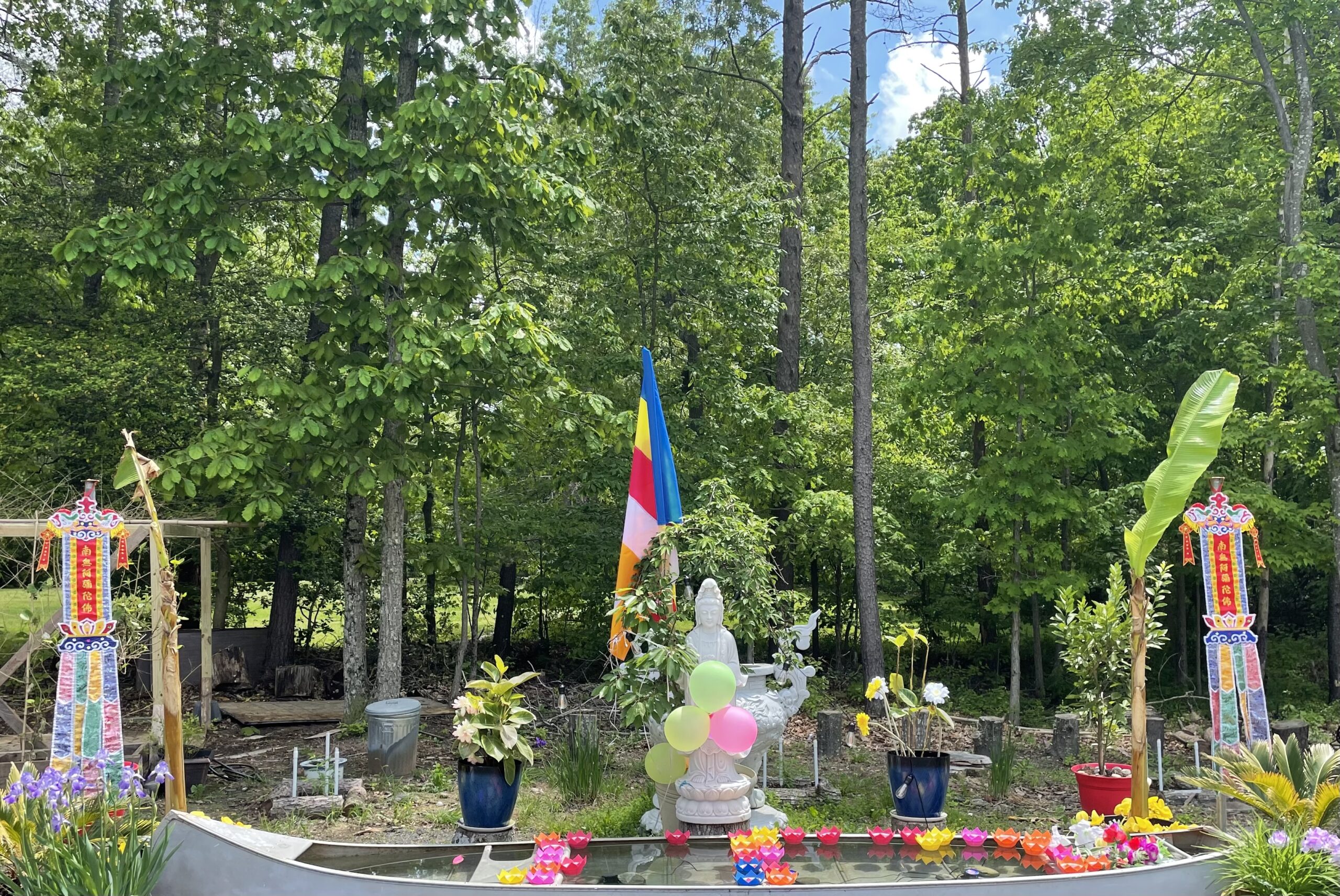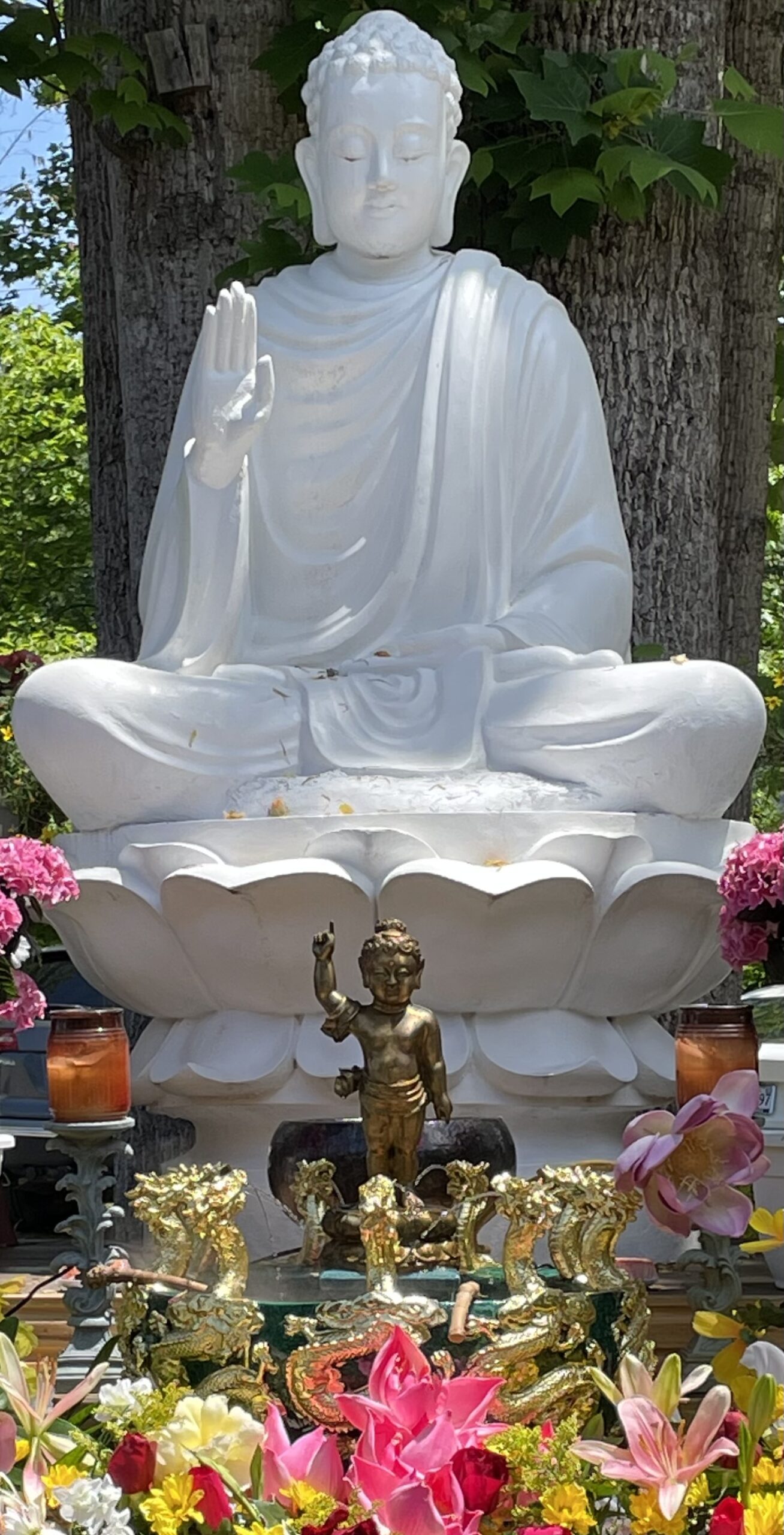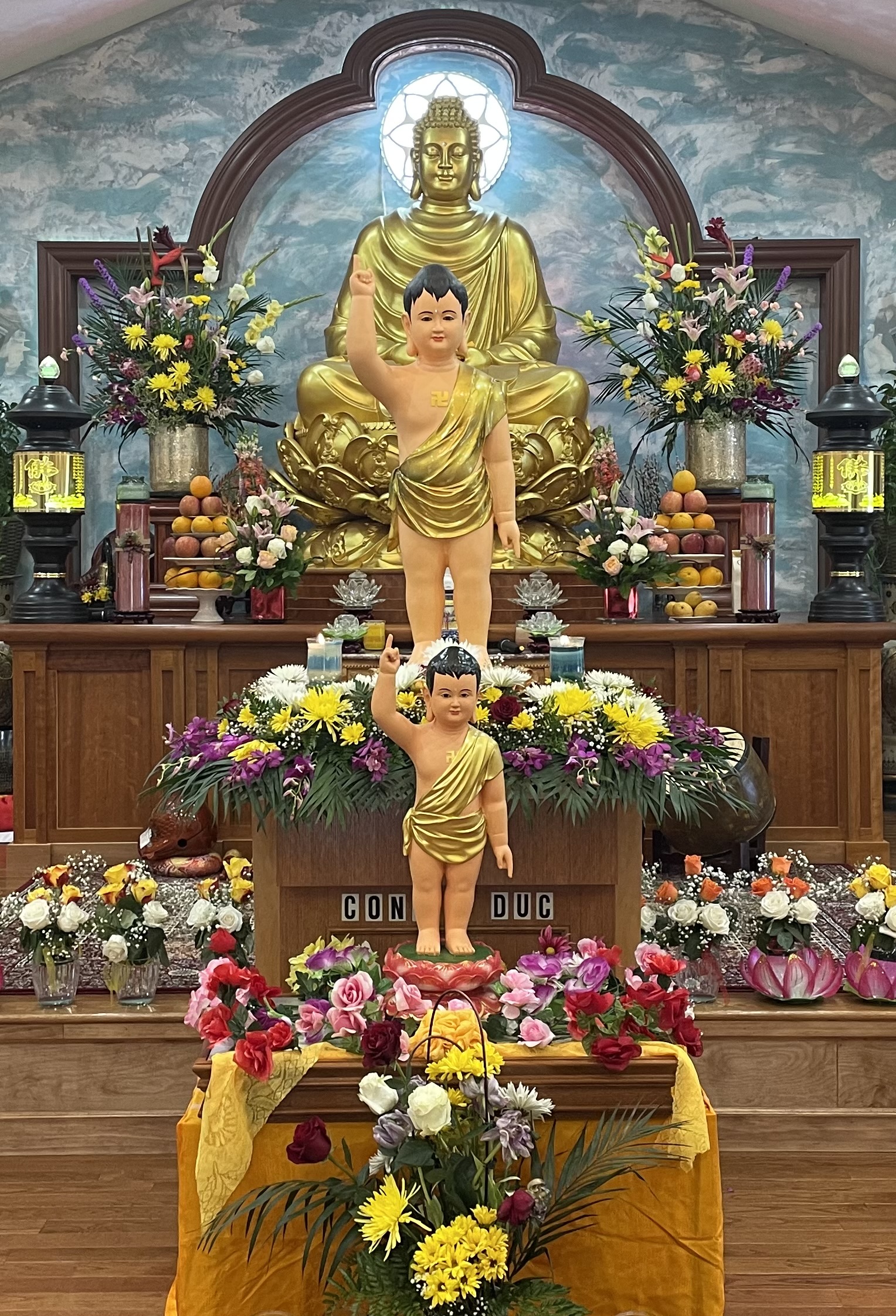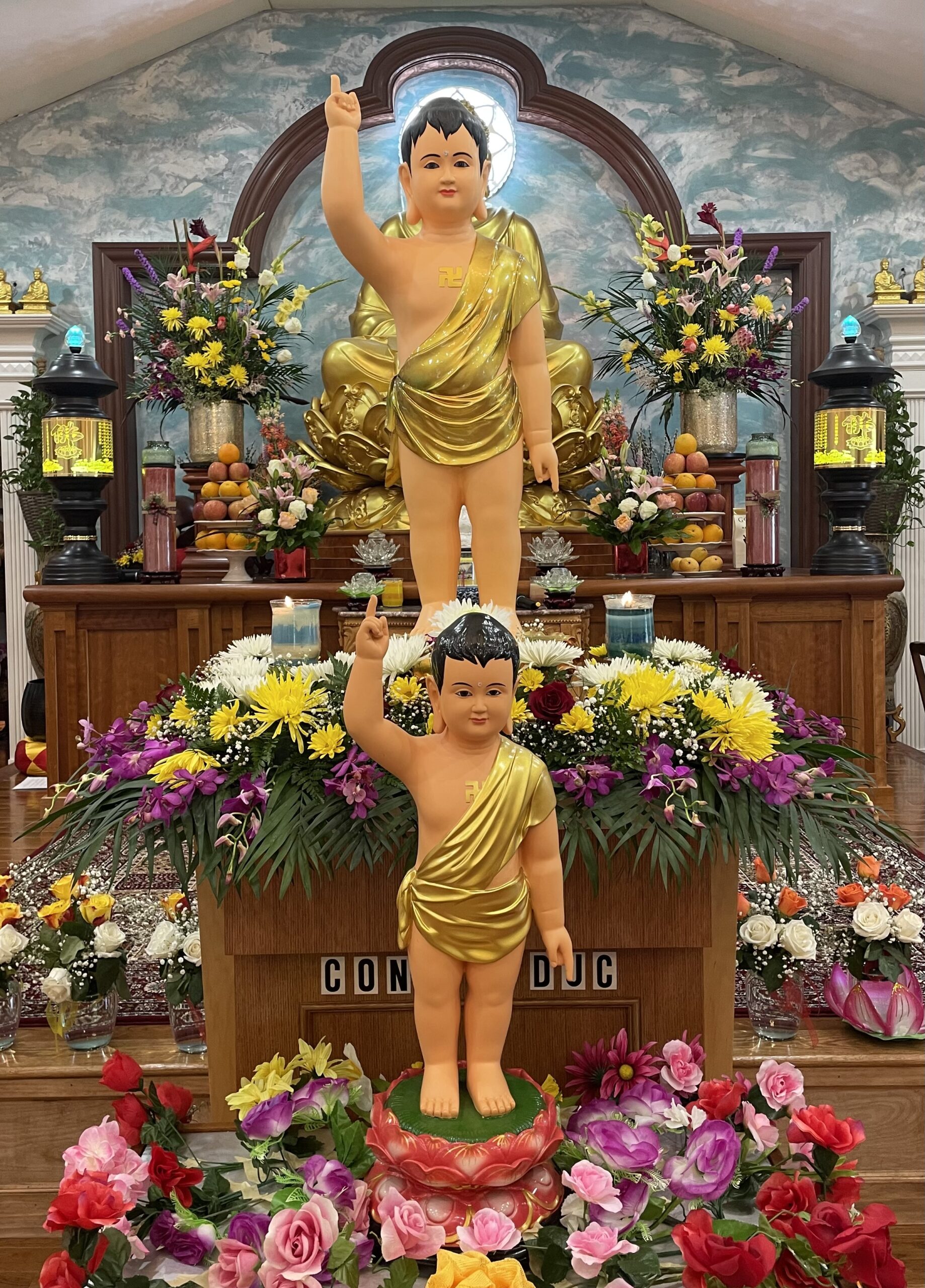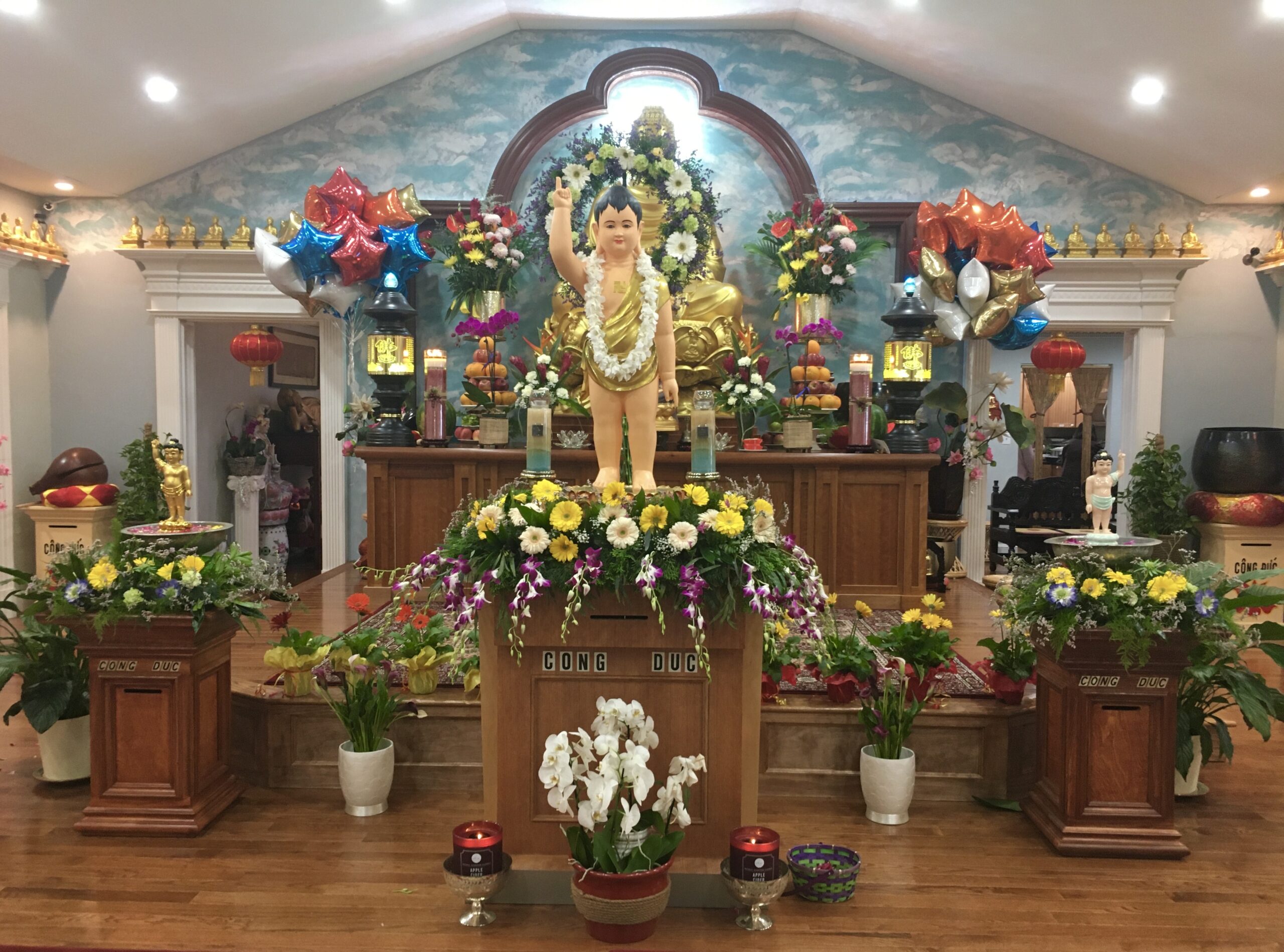Hoa Vo Uu (Buddha Dharma Education Association)
Venerable Shravasti Dhammika
The Buddha’s Words of Wisdom
Venerable Tissa, the Lord’s nephew, spoke to a number of monks and said: “Friends, my body is as if drugged, things have become dim to my eyes, and the Dhamma is no longer clear to me. Sloth and laziness posses my mind, and I live the holy life without joy. I waver in the teachings.”
So, those monks went to the Lord and told him what Tissa had said, and the Lord said to one monk: “Go, monk, and in my name tell Tissa to come and speak to me.” So he went, and when Tissa came, the Lord said to him: “Is it true as they say that your body is as if drugged, that things have become dim to your eyes and that the Dhamma is no longer clear to you? That sloth and laziness posses your mind, that you live the holy life without joy. I waver in the teachings?”
“That is true, Lord.”
“Now, concerning this, what do you think, Tissa? In the body with lust, desire, affection, thirst, fever and craving, does there arise a condition of change and flux? Do grief, sorrow, suffering, lamentation and despair arise?”
“Yes, Lord.”
“And is it not the same feeling, perception, mental constructs and consciousness?”
“Yes, Lord.”
“Well said, Tissa! Well said! Now, what do you think? In the body without lust, desire, affection, thirst, fever and craving, does there arise a condition of change and flux? Do grief, sorrow, suffering, lamentation and despair arise?”
“Surely not, Lord.”
“And is it the same with feeling, perception, mental constructs and consciousness?
“It is, Lord.”
“Well said, Tissa! Well said! Now, what do you think? Are the body, feeling, perception, mental constructs and consciousness permanent or impermanent?”
“Impermanent, Lord.”
“So, seeing this, the instructed noble disciple turns away from these five aggregates. Turning away from them, passions fade, and with the fading of passions, he is free and he knows: ‘Rebirth is destroyed, the holy life has been lived, what had had to be done is done; there is no more of this.’
Suppose there are two men, one skilled traveler and the other not. And the unskilled traveler asks the way form the skilled one. He replies: ‘Yes, my good man, this is the way. Continue for awhile and you will see a fork in the road; take the right-hand path. Go on a little, and you will come to a forest. Continue for awhile more, and you will come to a marshy swamp. Go a little further, and you will see a great cliff. Go a little further still, and you will see a beautiful stretch of open ground.’
I use this parable to illustrate my meaning, and this is the meaning. The man unskilled in travel represents ordinary people, and the man skilled in travel represents Tathãgata, the Noble One, the fully enlightened Buddha. The fork-in the road is the state of wavering, the left fork being the false eightfold path and the right fork being the Noble Eightfold Path.
The thick forest is ignoreance, the marshy swamp is desires, and the great cliff is irritation and despair. The delightful stretch of open ground is Nirvãna. So be of good cheer, Tissa! Be of good cheer! I will counsel you, I will support you, I will instruct you.”


























